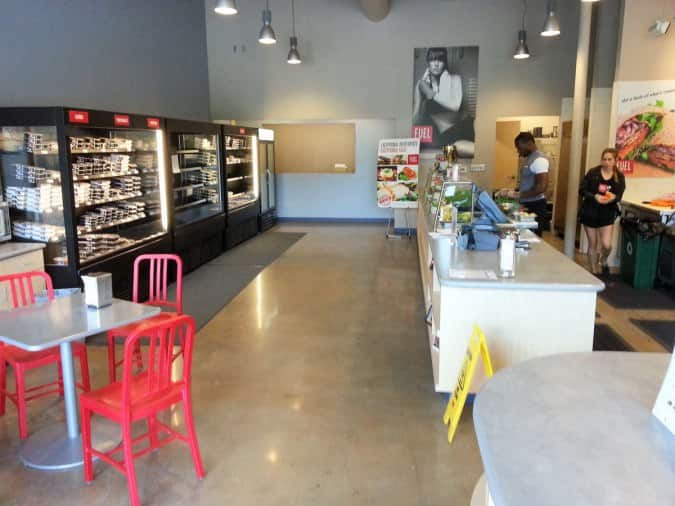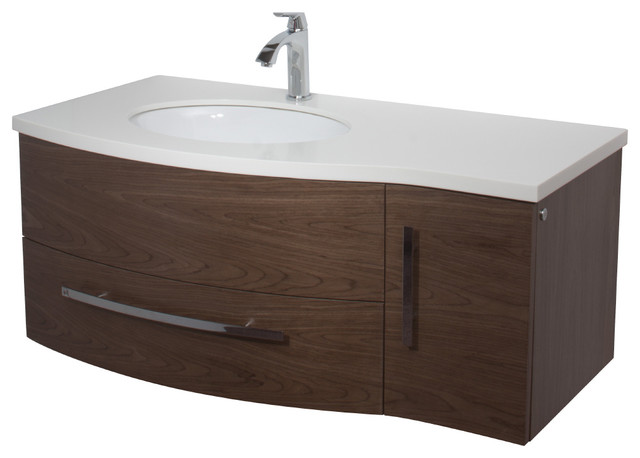One of the most effective ways to keep your kitchen sink drain from clogging is to use a drain strainer. This simple tool is designed to catch food particles, hair, and other debris before they have a chance to go down the drain and cause blockages. Simply place the strainer over the drain and empty it out after each use. This will help prevent clogs and keep your drain running smoothly.1. Use a Drain Strainer
For a quick and easy way to prevent clogs, try pouring boiling water down your drain once a week. This will help break down any buildup or debris that may be stuck in your pipes and prevent clogs from forming. Just be careful not to burn yourself in the process!2. Pour Boiling Water Down the Drain
For a more natural approach to unclogging your kitchen sink, try using a mixture of baking soda and vinegar. Simply pour half a cup of baking soda down the drain, followed by half a cup of vinegar. Let it sit for a few minutes, then rinse with hot water. The chemical reaction between the two ingredients will help break down any clogs and keep your drain clean and clear.3. Use a Mixture of Baking Soda and Vinegar
If you have a clog that just won't budge, try using a plunger. This tried-and-true tool is not just for toilets – it can also be used to unclog kitchen sinks. Make sure to cover the drain with the plunger and create a tight seal, then plunge up and down a few times. This will help dislodge any blockages and get your drain flowing again.4. Use a Plunger
If a plunger doesn't do the trick, you may need to use a plumbing snake. This tool is designed to go down into your pipes and break up any clogs that may be causing your sink to drain slowly. Insert the snake into the drain and twist it back and forth, then pull it out and dispose of any debris that may be attached to it.5. Use a Plumbing Snake
One of the biggest culprits of kitchen sink clogs is grease. When hot grease is poured down the drain, it can solidify and stick to the walls of your pipes, causing buildup and eventually leading to clogs. Instead, pour grease into a container and dispose of it in the trash once it has cooled down.6. Avoid Pouring Grease Down the Drain
To prevent buildup in your pipes, make sure to run hot water down the drain after each use. This will help flush away any food particles or debris that may be lingering and keep your pipes clean and clear. You can also add a few drops of dish soap to the hot water for an extra cleaning boost.7. Run Hot Water After Each Use
If you're dealing with a stubborn clog, you may need to use a commercial drain cleaner. These products are designed to break down tough clogs and keep your drains clean and clear. However, be careful when using these products as they can be harmful to your pipes and should be used sparingly.8. Use a Commercial Drain Cleaner
The drain stopper in your kitchen sink can also be a source of clogs. Make sure to regularly remove the stopper and clean it, removing any hair or debris that may have accumulated. This will help prevent buildup and keep your drain running smoothly.9. Regularly Clean the Drain Stopper
If you're constantly dealing with clogs in your kitchen sink, it may be time to invest in a garbage disposal. This handy appliance is designed to grind up food waste and prevent it from going down the drain and causing clogs. Just make sure to use it properly and avoid putting things like bones or oil down the disposal. By following these tips and incorporating them into your regular kitchen cleaning routine, you can keep your kitchen sink drain from clogging and ensure it stays in good working condition. Remember to use a combination of these methods for maximum effectiveness, and don't hesitate to call a professional if you encounter a stubborn clog that you can't handle on your own.10. Install a Garbage Disposal
Why Regular Cleaning is Key to Preventing Kitchen Sink Drain Clogs
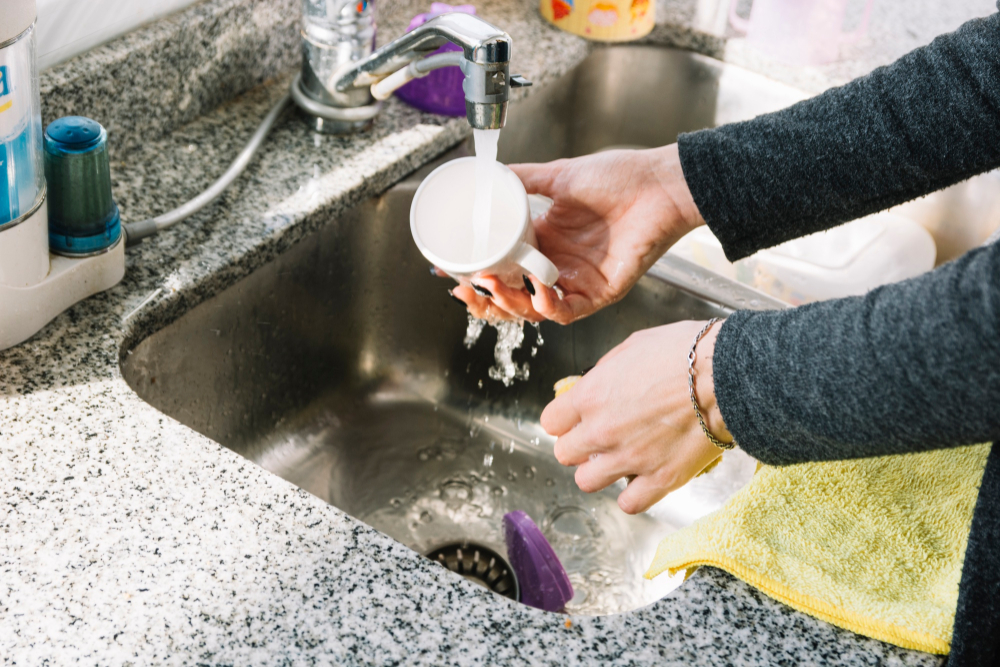
The Importance of Maintaining a Clean Kitchen Sink Drain
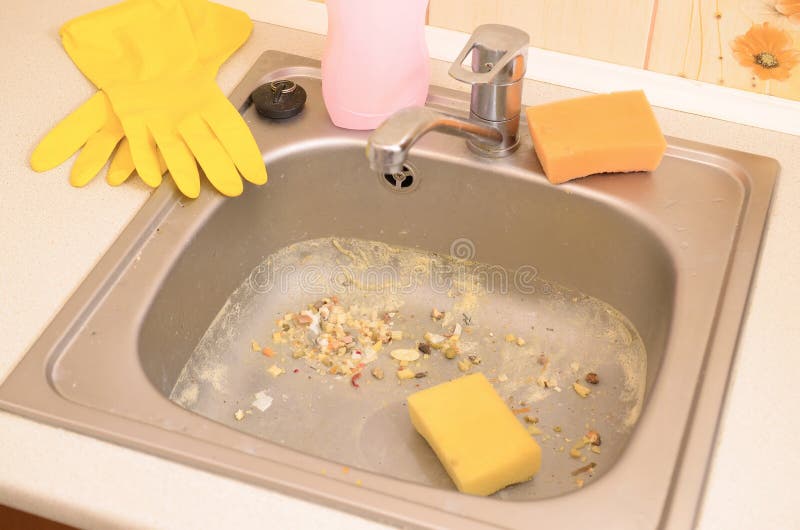 Keeping your kitchen sink drain from clogging is an essential task for any homeowner. Not only can a clogged drain be a major inconvenience, but it can also lead to costly repairs if left untreated. Regularly cleaning and maintaining your kitchen sink drain is crucial in preventing clogs and ensuring the proper functioning of your plumbing system. Here's why:
Prevents Buildup of Grease and Food Debris
The main culprit of kitchen sink drain clogs is the buildup of grease and food debris. Over time, these substances can accumulate in the pipes and cause blockages. Regular cleaning of your drain can help remove any buildup and prevent clogs from occurring. This is especially important for those who regularly cook with oils and fats, as they can easily solidify and clog the drain.
Keeps Your Plumbing System Running Smoothly
A clogged kitchen sink drain can not only be a nuisance, but it can also affect the entire plumbing system of your house. When a drain is clogged, it can cause water to back up and create pressure in the pipes. This can lead to leaks, burst pipes, and other plumbing issues. Regularly cleaning your kitchen sink drain can prevent these problems and keep your plumbing system running smoothly.
Keeping your kitchen sink drain from clogging is an essential task for any homeowner. Not only can a clogged drain be a major inconvenience, but it can also lead to costly repairs if left untreated. Regularly cleaning and maintaining your kitchen sink drain is crucial in preventing clogs and ensuring the proper functioning of your plumbing system. Here's why:
Prevents Buildup of Grease and Food Debris
The main culprit of kitchen sink drain clogs is the buildup of grease and food debris. Over time, these substances can accumulate in the pipes and cause blockages. Regular cleaning of your drain can help remove any buildup and prevent clogs from occurring. This is especially important for those who regularly cook with oils and fats, as they can easily solidify and clog the drain.
Keeps Your Plumbing System Running Smoothly
A clogged kitchen sink drain can not only be a nuisance, but it can also affect the entire plumbing system of your house. When a drain is clogged, it can cause water to back up and create pressure in the pipes. This can lead to leaks, burst pipes, and other plumbing issues. Regularly cleaning your kitchen sink drain can prevent these problems and keep your plumbing system running smoothly.
Simple Cleaning Tips to Prevent Clogs
 Fortunately, keeping your kitchen sink drain clean and clog-free doesn't have to be a daunting task. Here are some simple tips to help prevent clogs and maintain a healthy drain:
Use a Drain Strainer
One of the easiest ways to prevent clogs is by using a drain strainer. These inexpensive devices can be placed over the drain to catch any food debris or other particles that may enter the drain. Simply empty the strainer after each use and rinse it out to keep it clean.
Flush with Hot Water
Running hot water down your drain after each use can help prevent grease and oils from solidifying and causing clogs. This is especially important after cooking with oils or fats.
Regularly Use a Natural Drain Cleaner
Using a natural drain cleaner, such as a mixture of baking soda and vinegar, can help break down any buildup in your kitchen sink drain. Simply pour the mixture down the drain, let it sit for a few minutes, and then flush with hot water.
Fortunately, keeping your kitchen sink drain clean and clog-free doesn't have to be a daunting task. Here are some simple tips to help prevent clogs and maintain a healthy drain:
Use a Drain Strainer
One of the easiest ways to prevent clogs is by using a drain strainer. These inexpensive devices can be placed over the drain to catch any food debris or other particles that may enter the drain. Simply empty the strainer after each use and rinse it out to keep it clean.
Flush with Hot Water
Running hot water down your drain after each use can help prevent grease and oils from solidifying and causing clogs. This is especially important after cooking with oils or fats.
Regularly Use a Natural Drain Cleaner
Using a natural drain cleaner, such as a mixture of baking soda and vinegar, can help break down any buildup in your kitchen sink drain. Simply pour the mixture down the drain, let it sit for a few minutes, and then flush with hot water.
Conclusion
 Regularly cleaning and maintaining your kitchen sink drain is crucial in preventing clogs and keeping your plumbing system in good condition. By following these simple tips, you can ensure that your drain remains clog-free and your kitchen functions efficiently. Don't neglect this important task and save yourself from the hassle and expense of dealing with a clogged drain.
Regularly cleaning and maintaining your kitchen sink drain is crucial in preventing clogs and keeping your plumbing system in good condition. By following these simple tips, you can ensure that your drain remains clog-free and your kitchen functions efficiently. Don't neglect this important task and save yourself from the hassle and expense of dealing with a clogged drain.


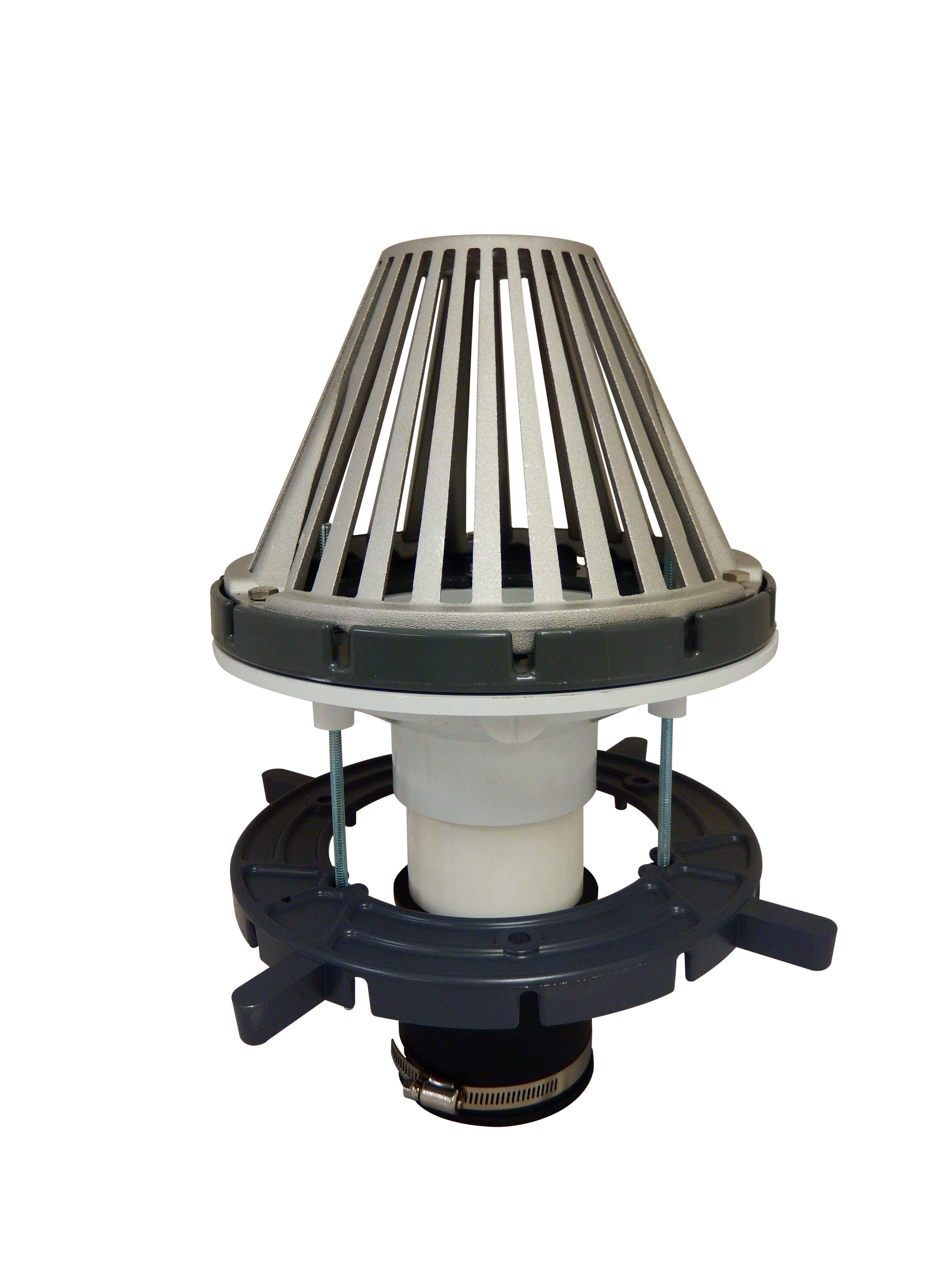
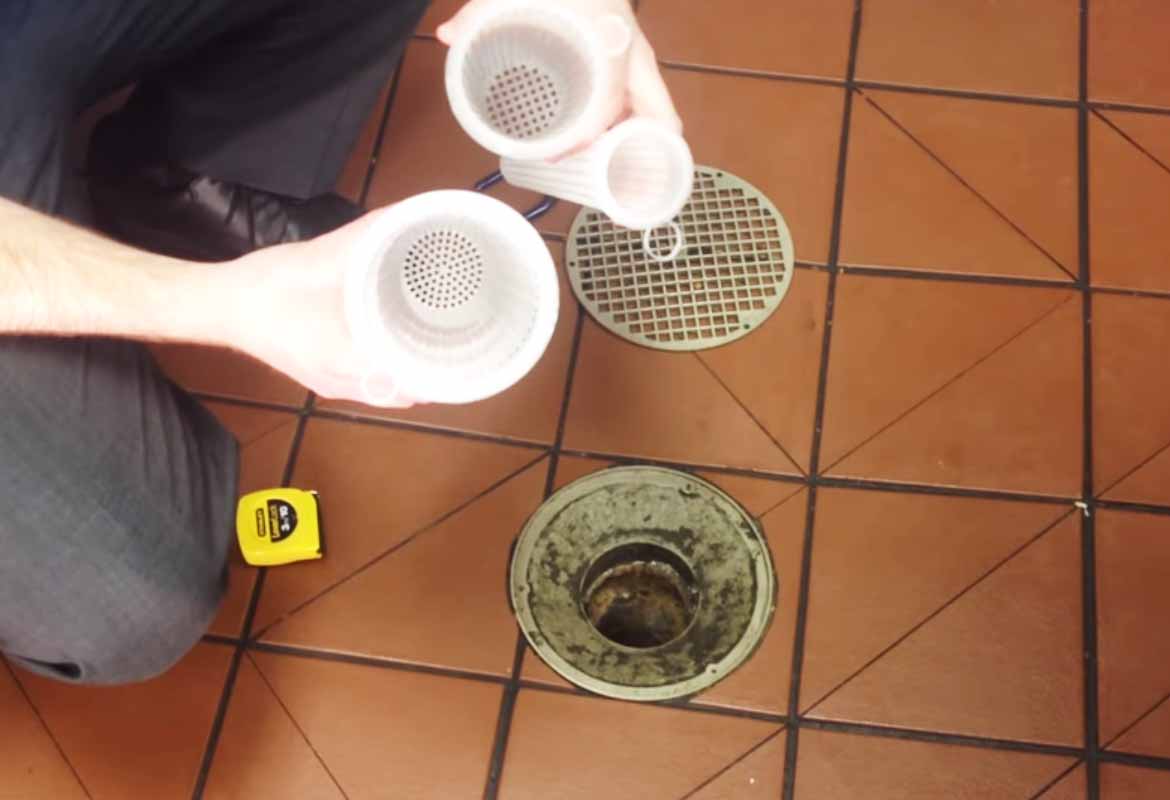
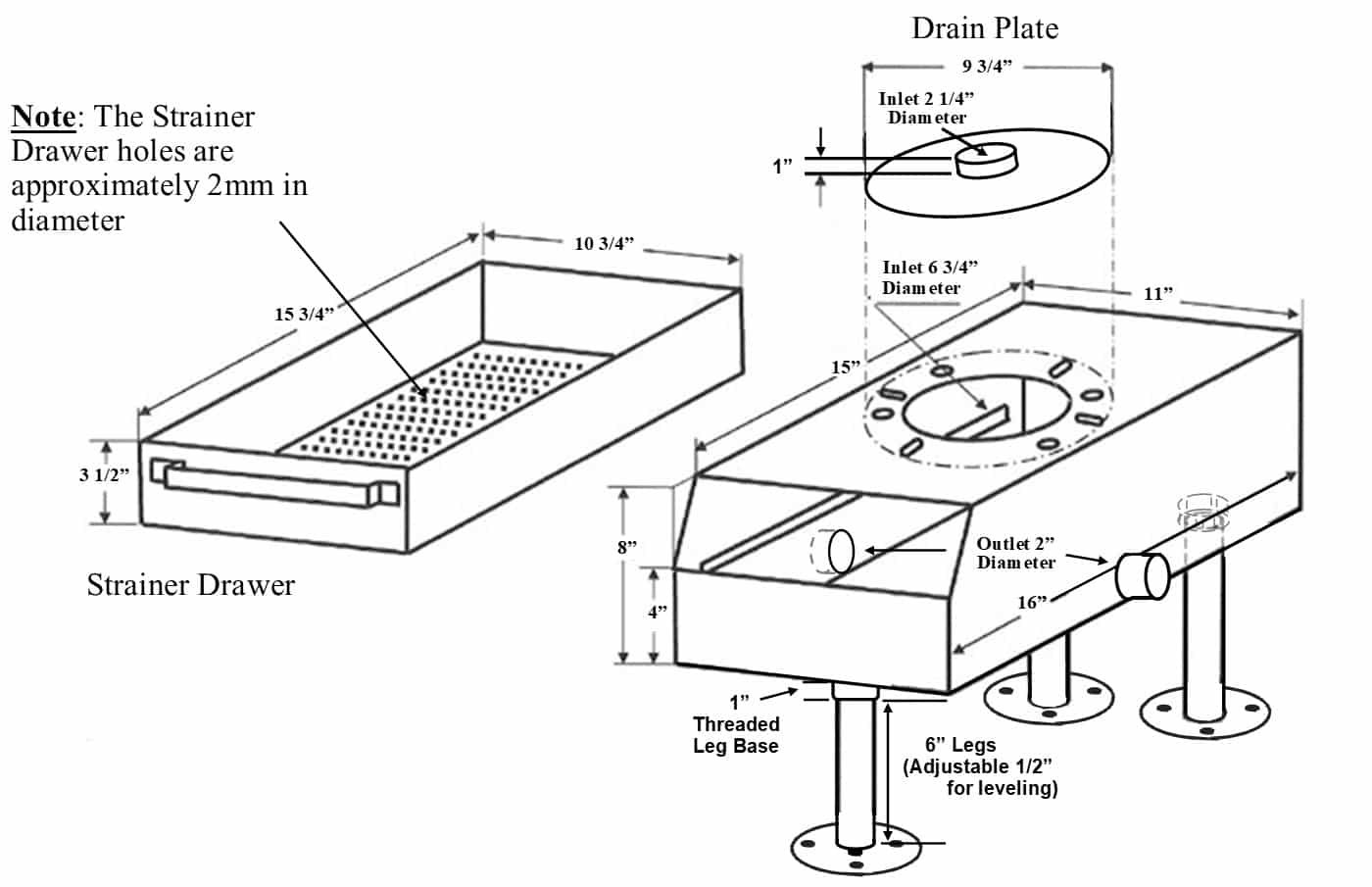




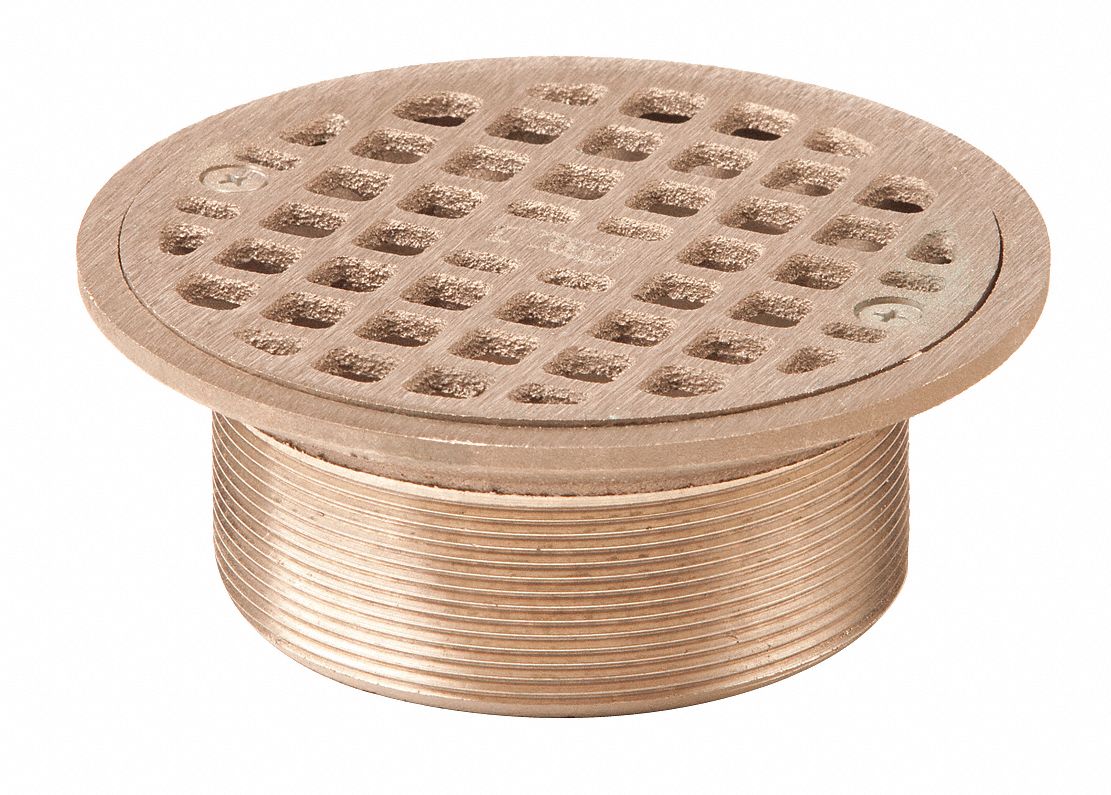




.jpg?time=1689761045394)
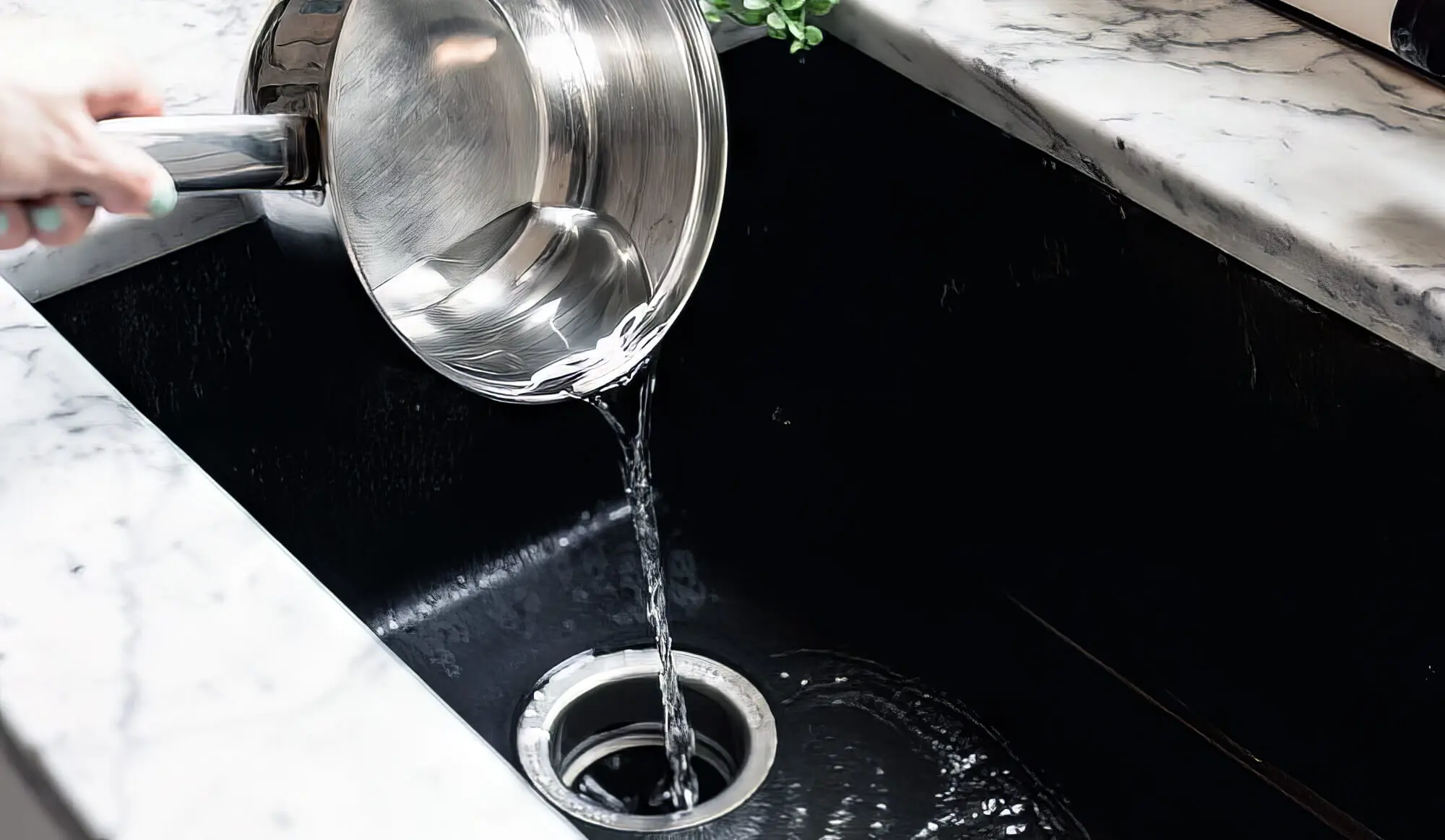


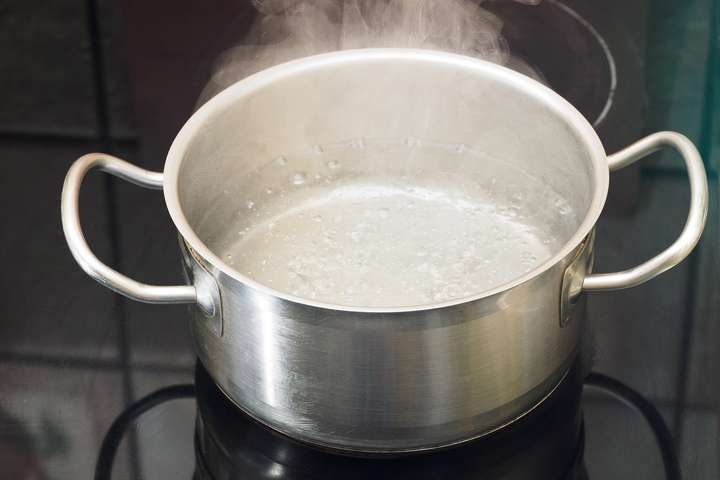
:max_bytes(150000):strip_icc()/GettyImages-1459148353-279aed56a15749c2a7310a882dbe3571.jpg)

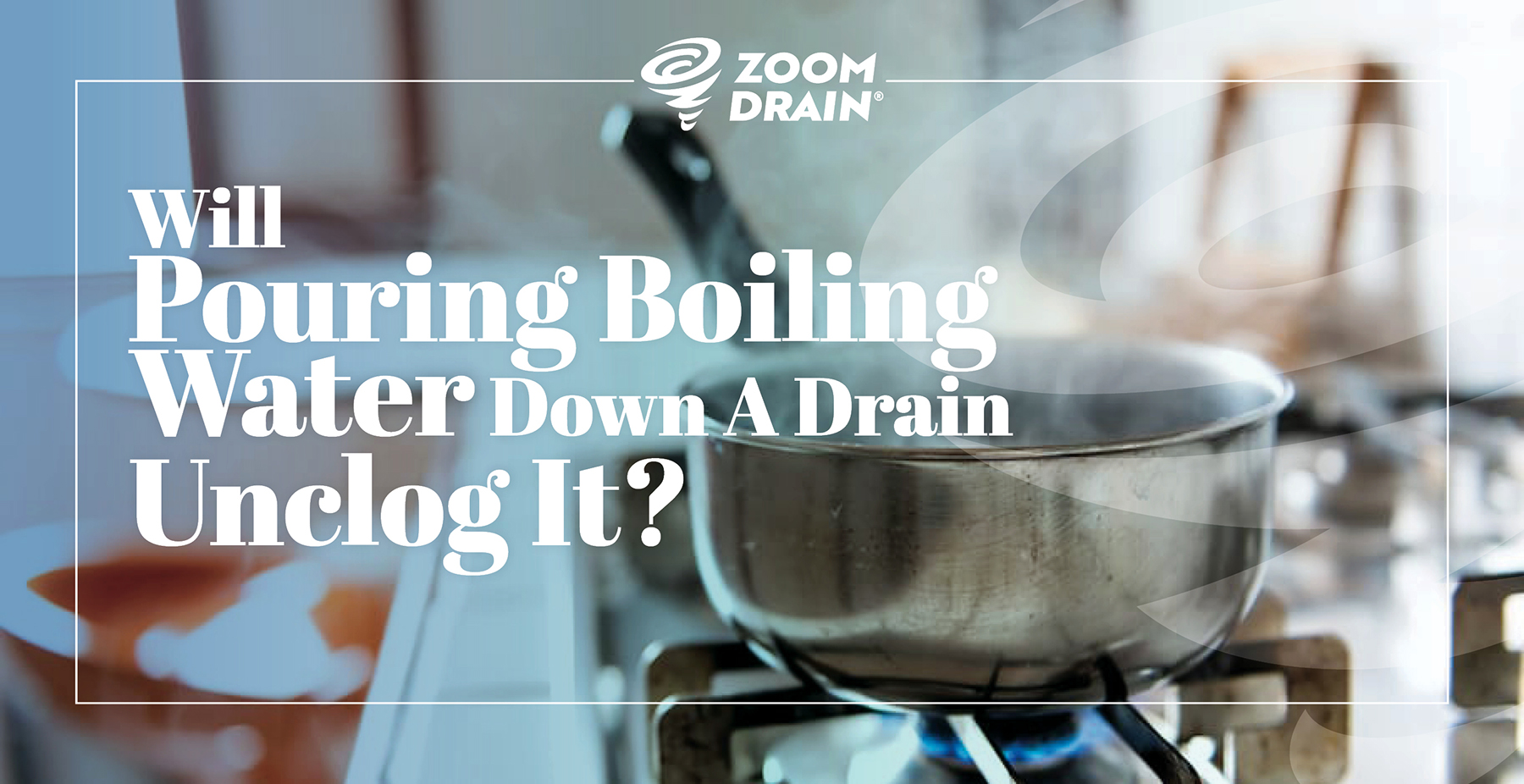
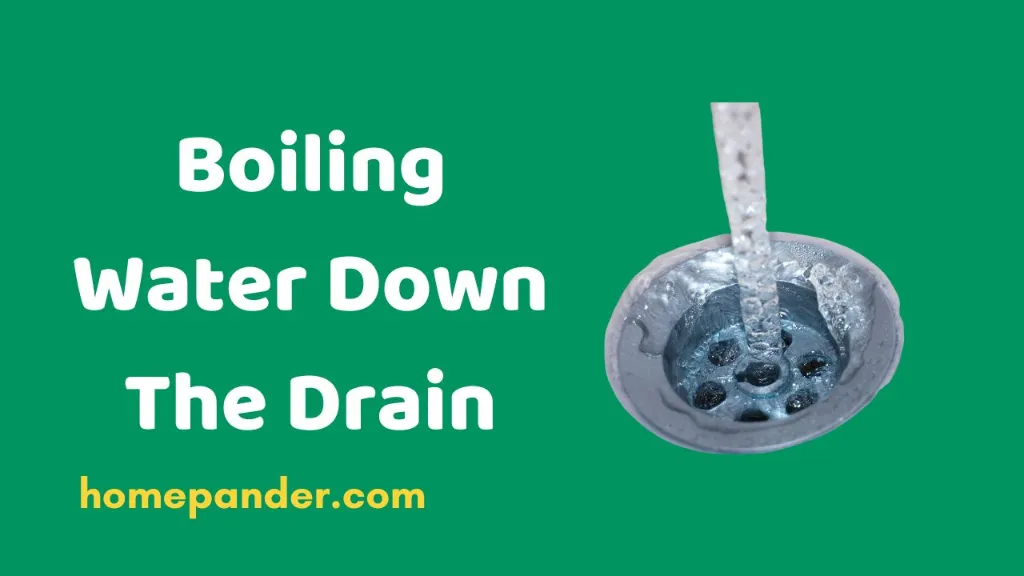






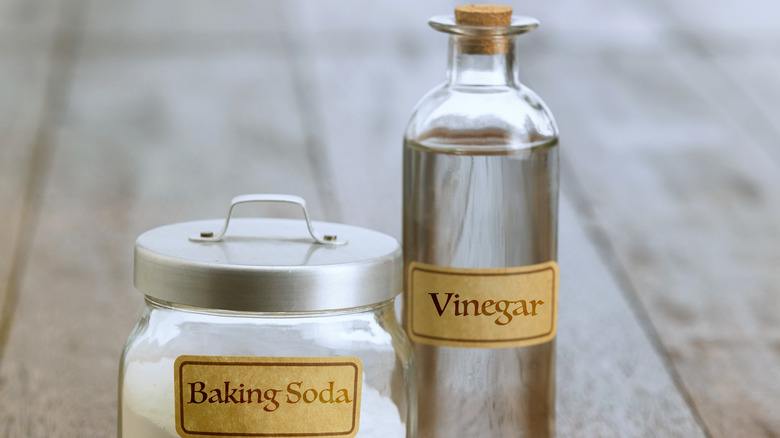


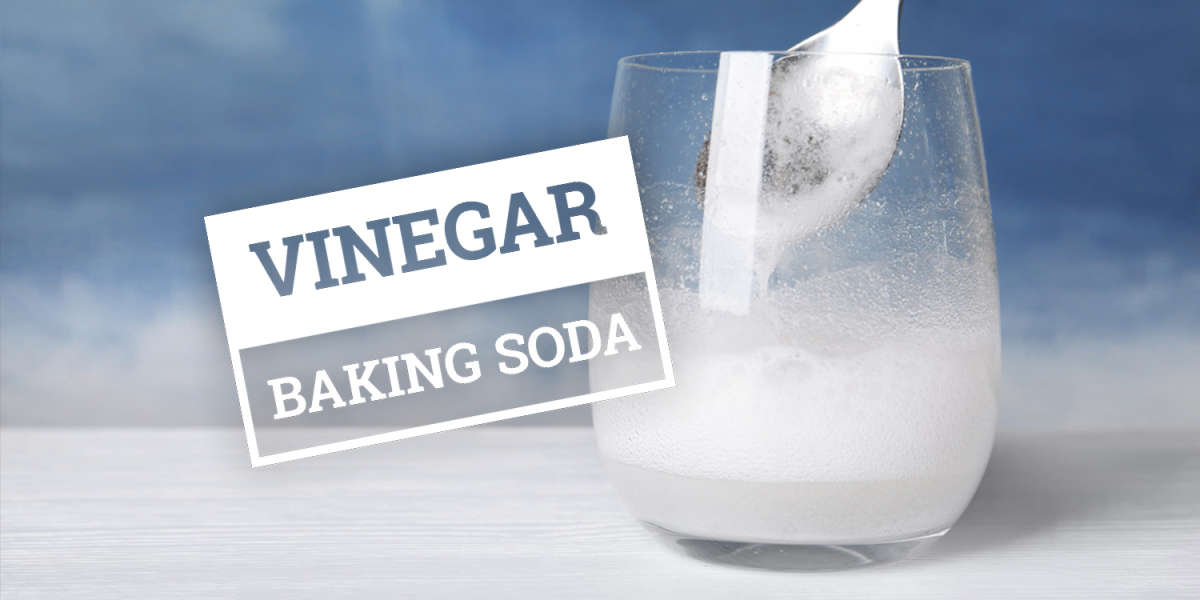
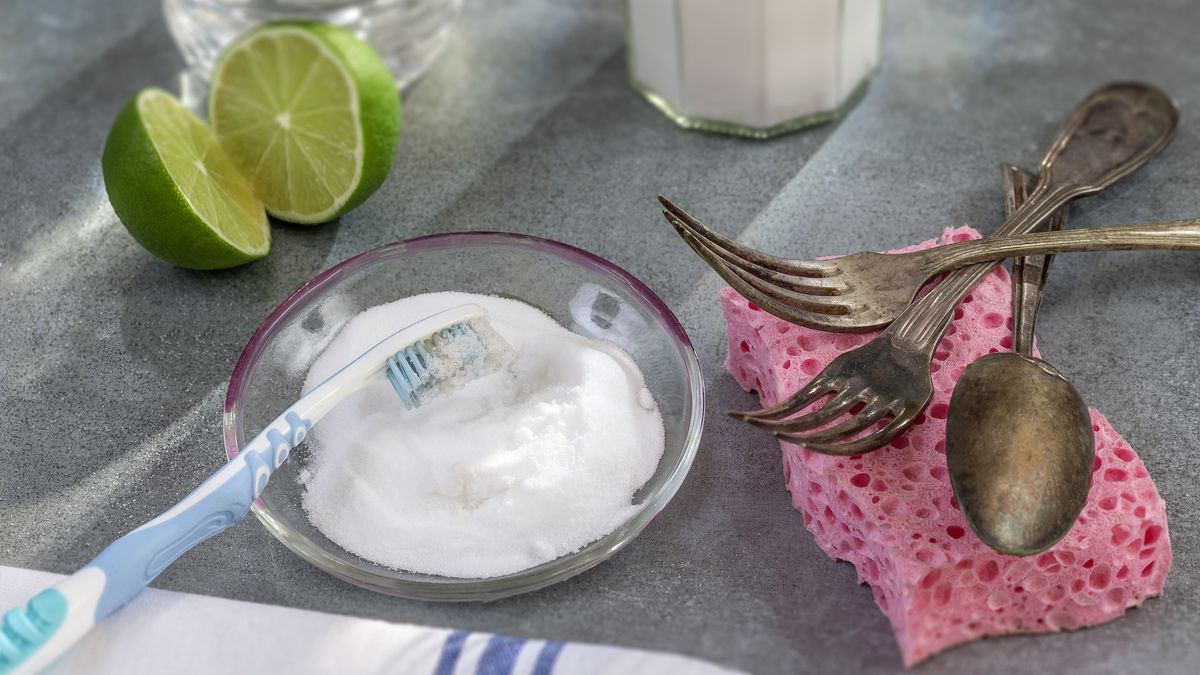

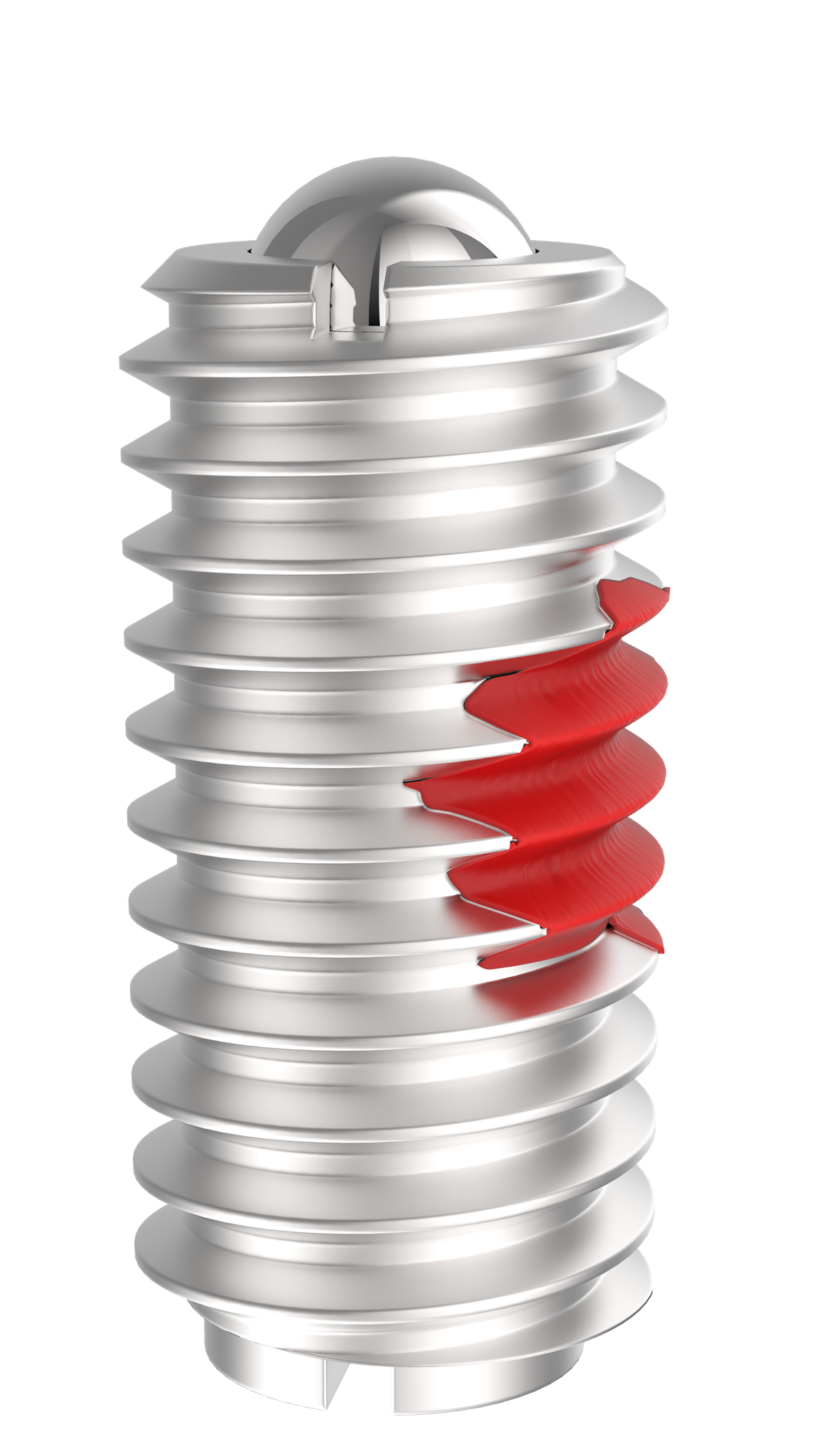


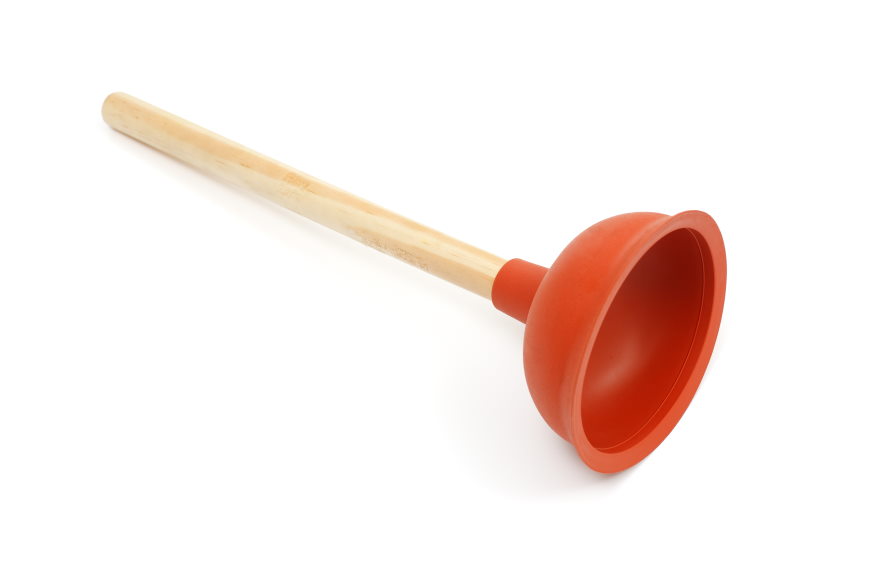
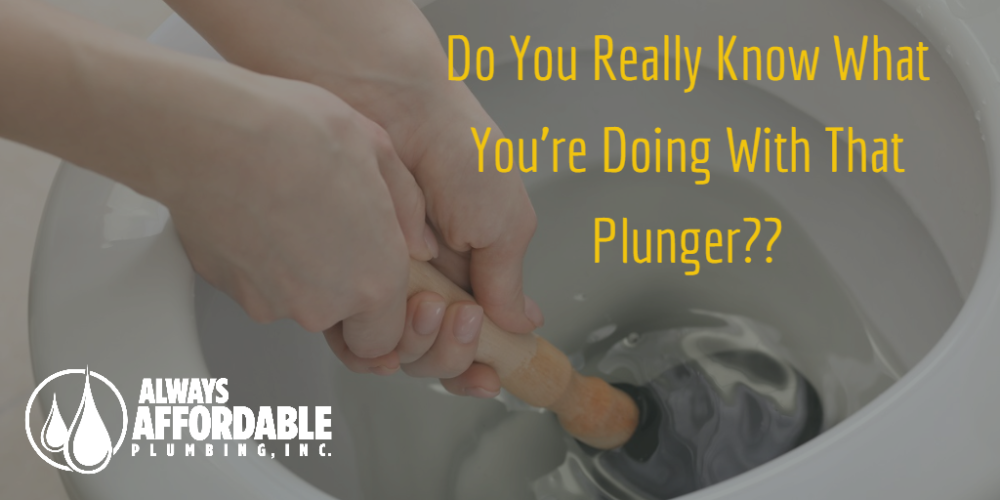







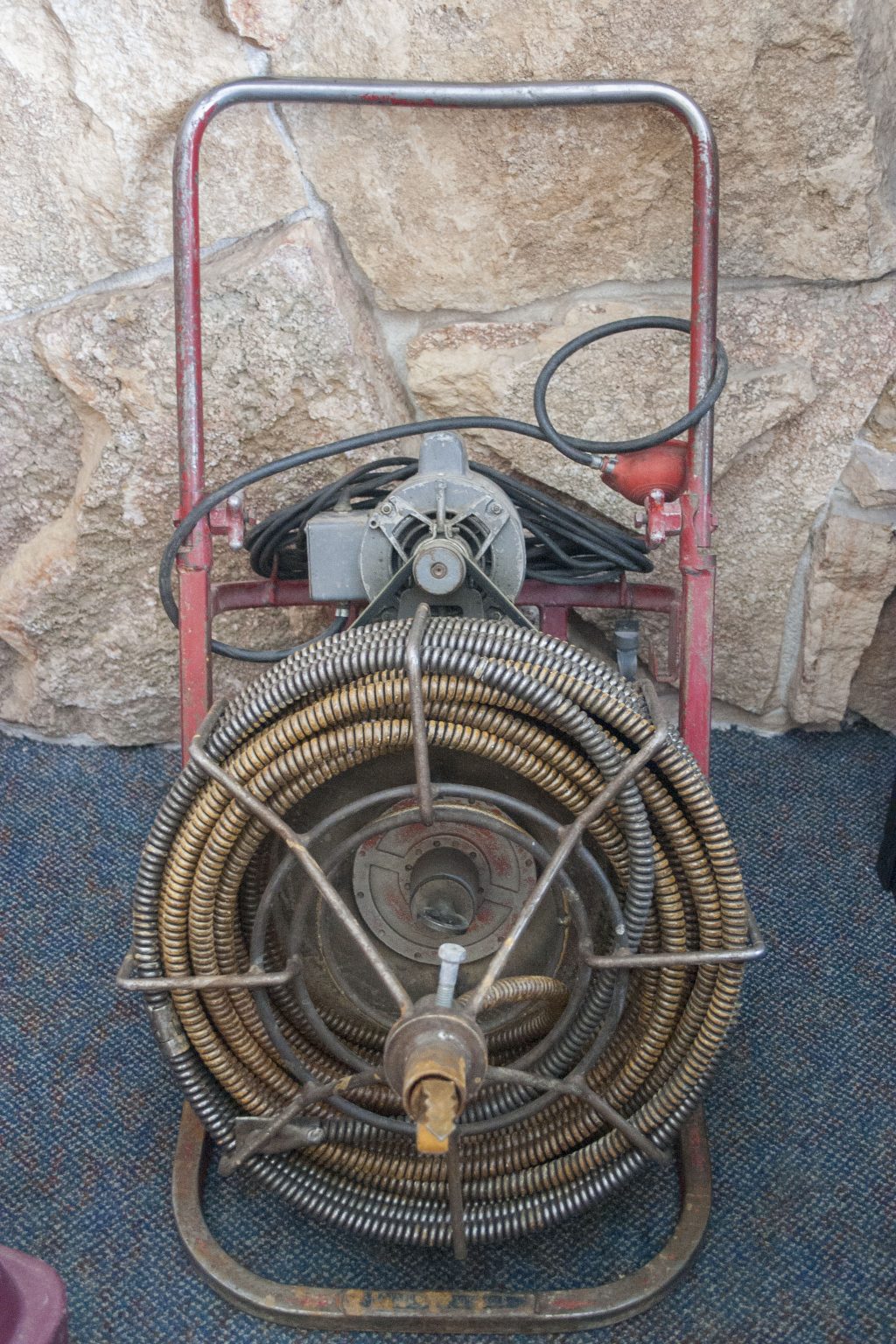

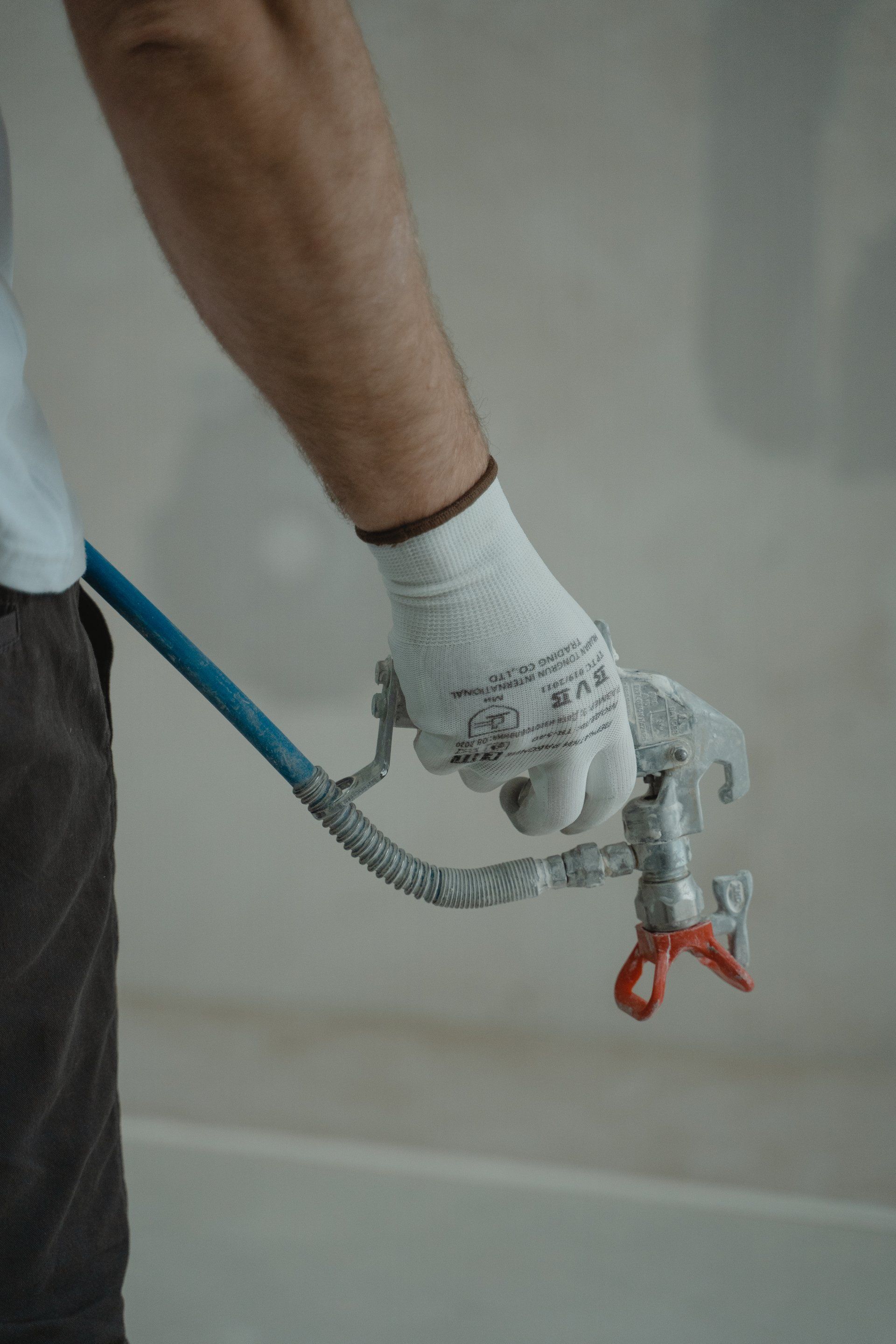

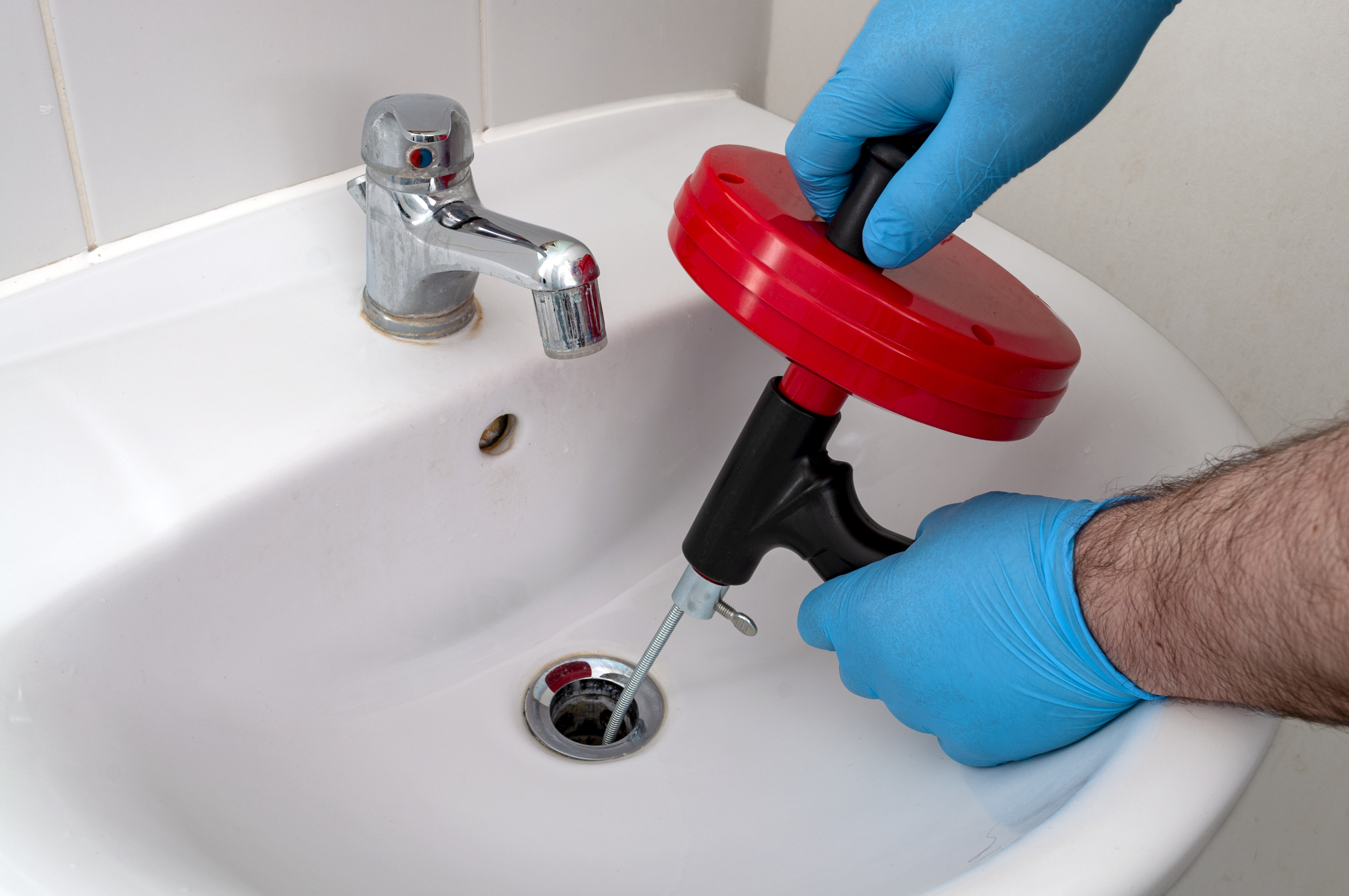



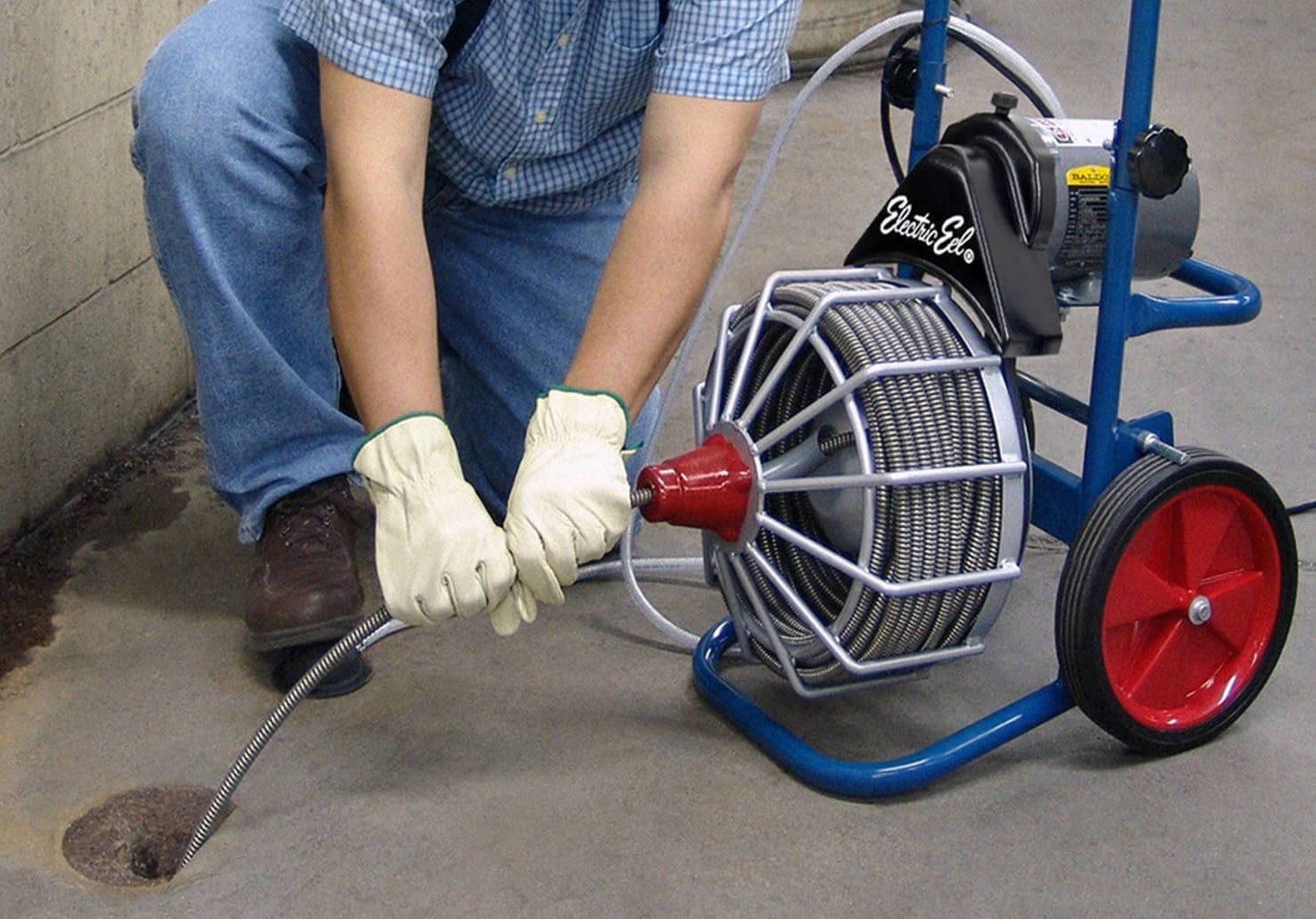

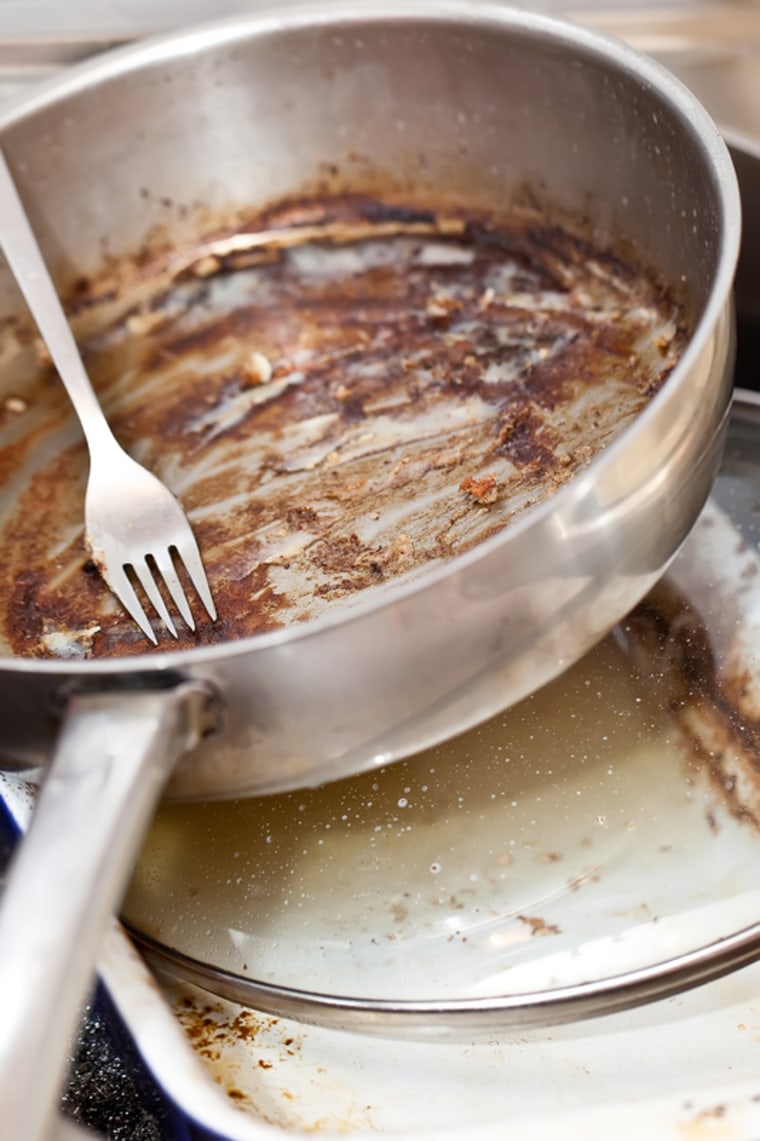








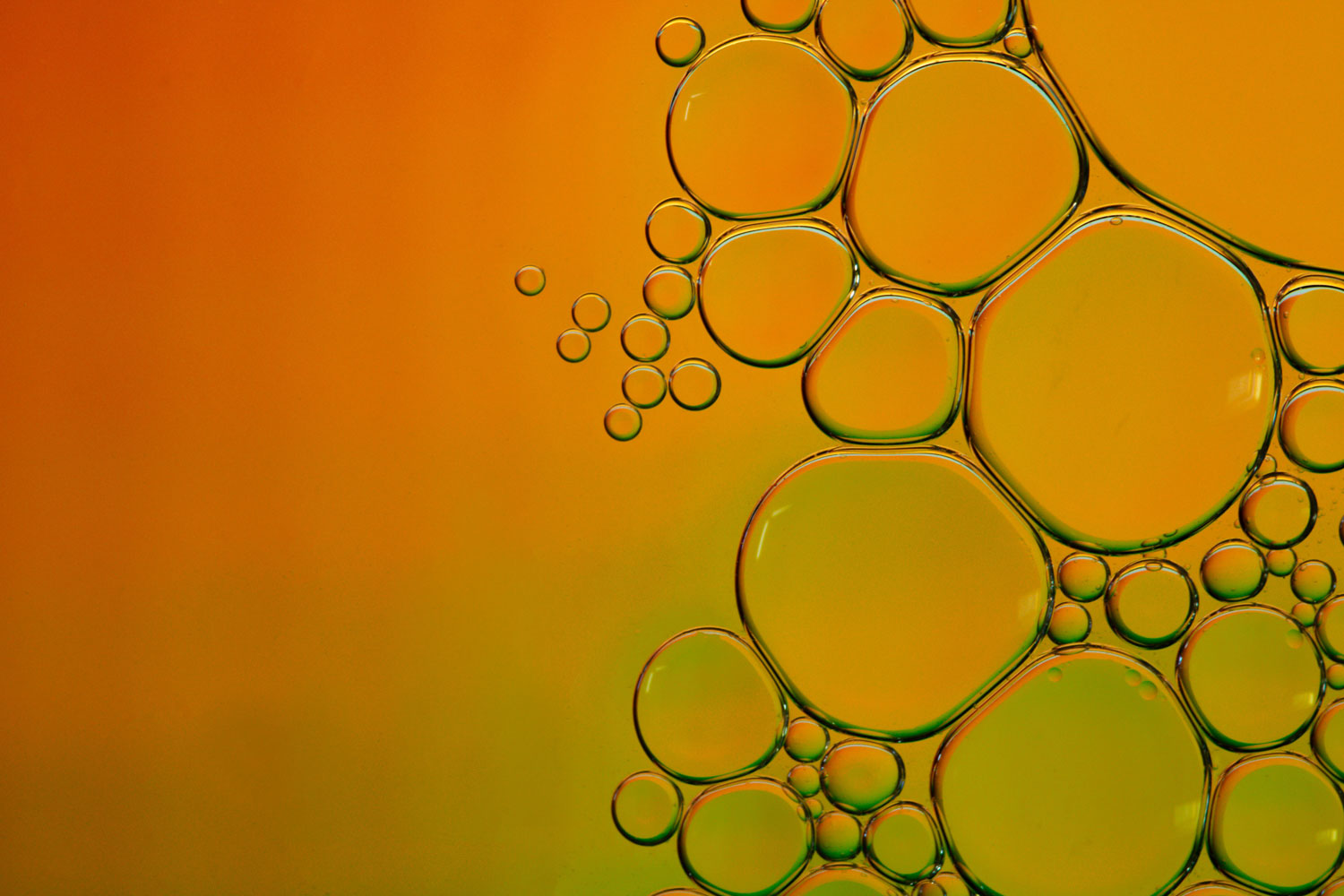
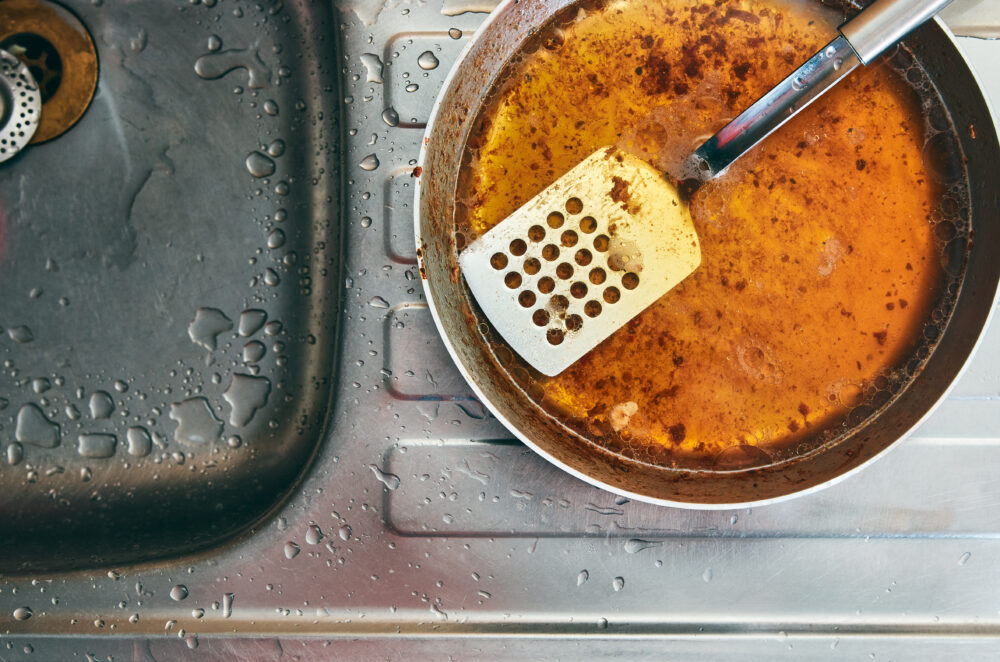


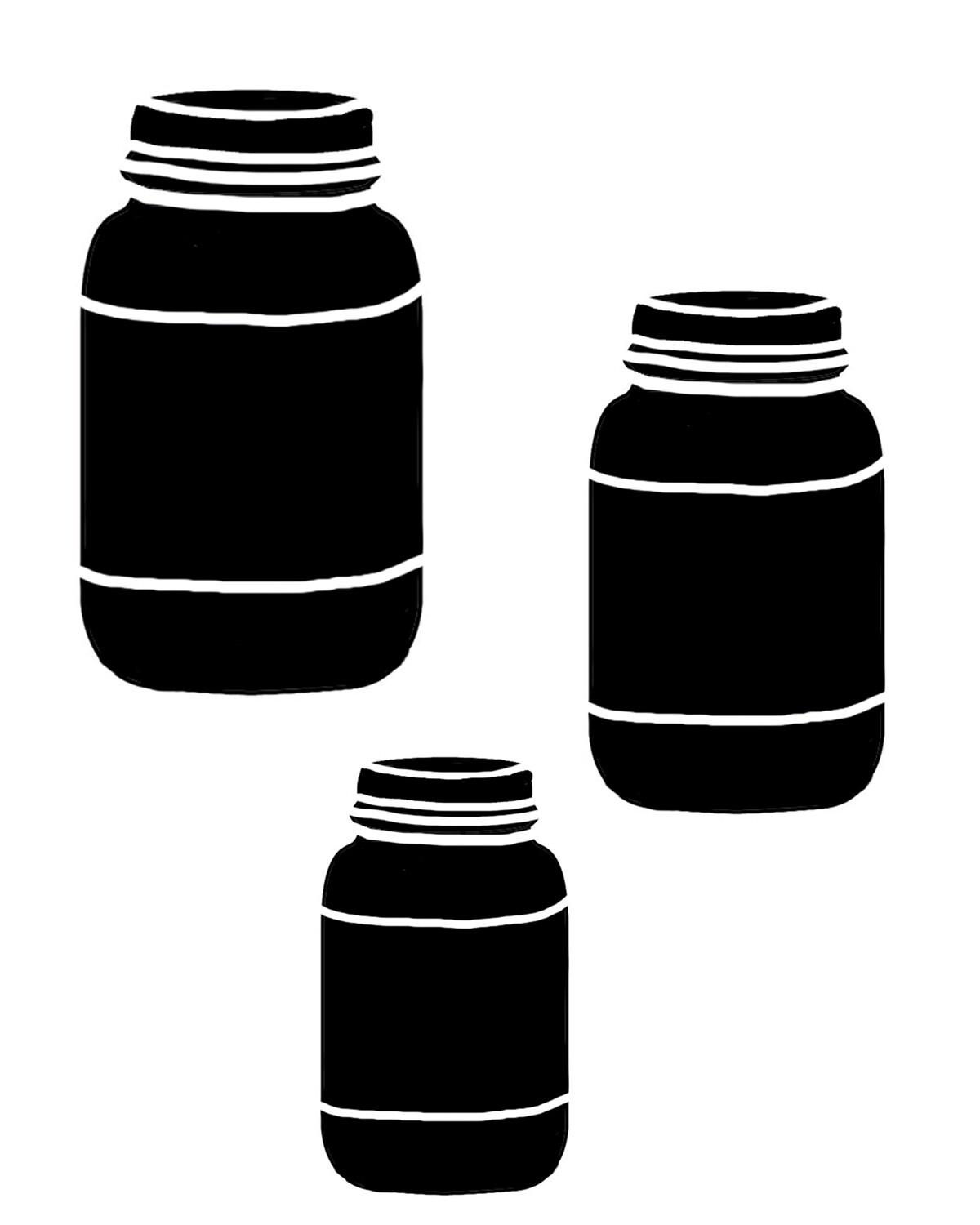







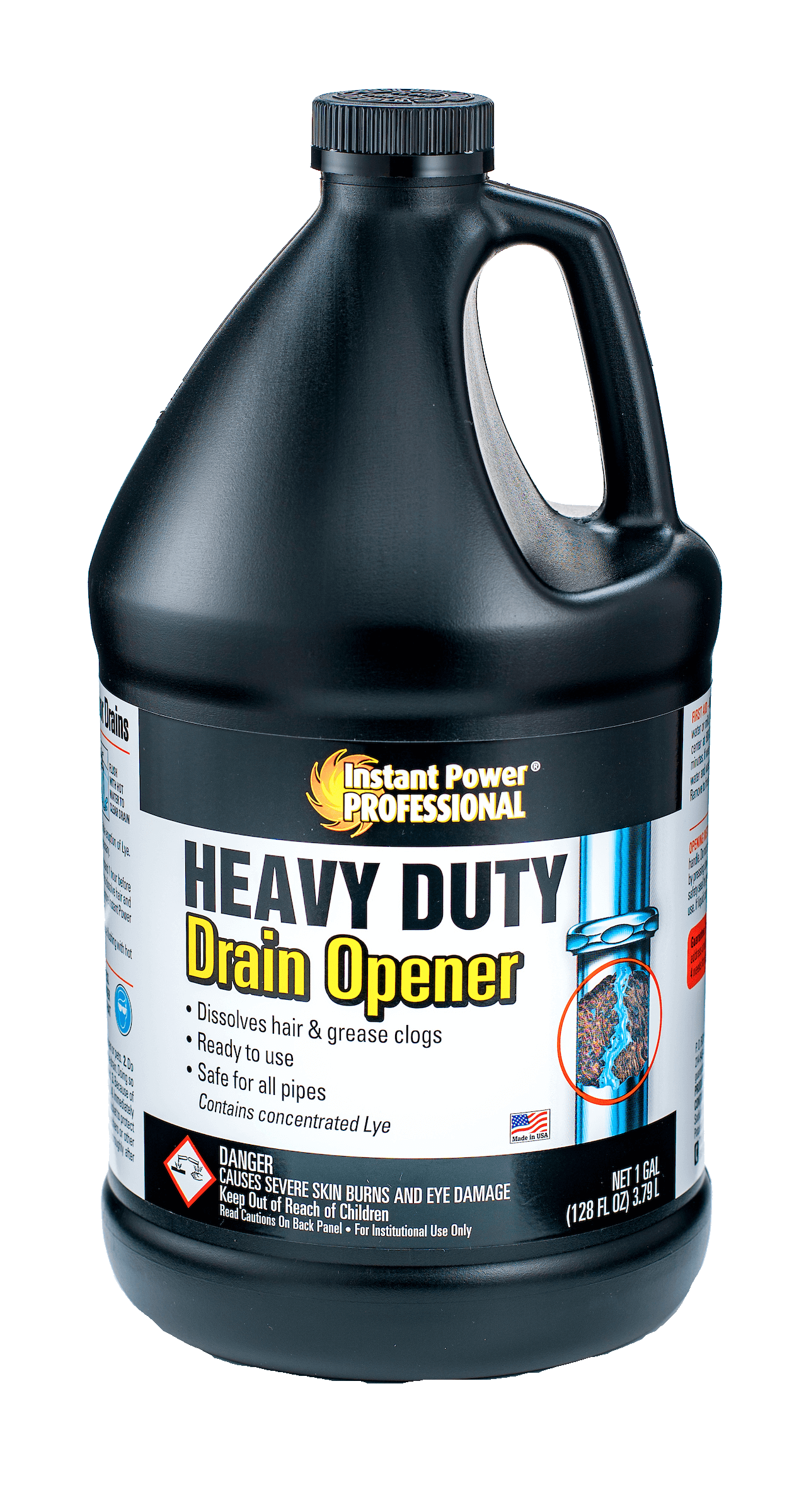

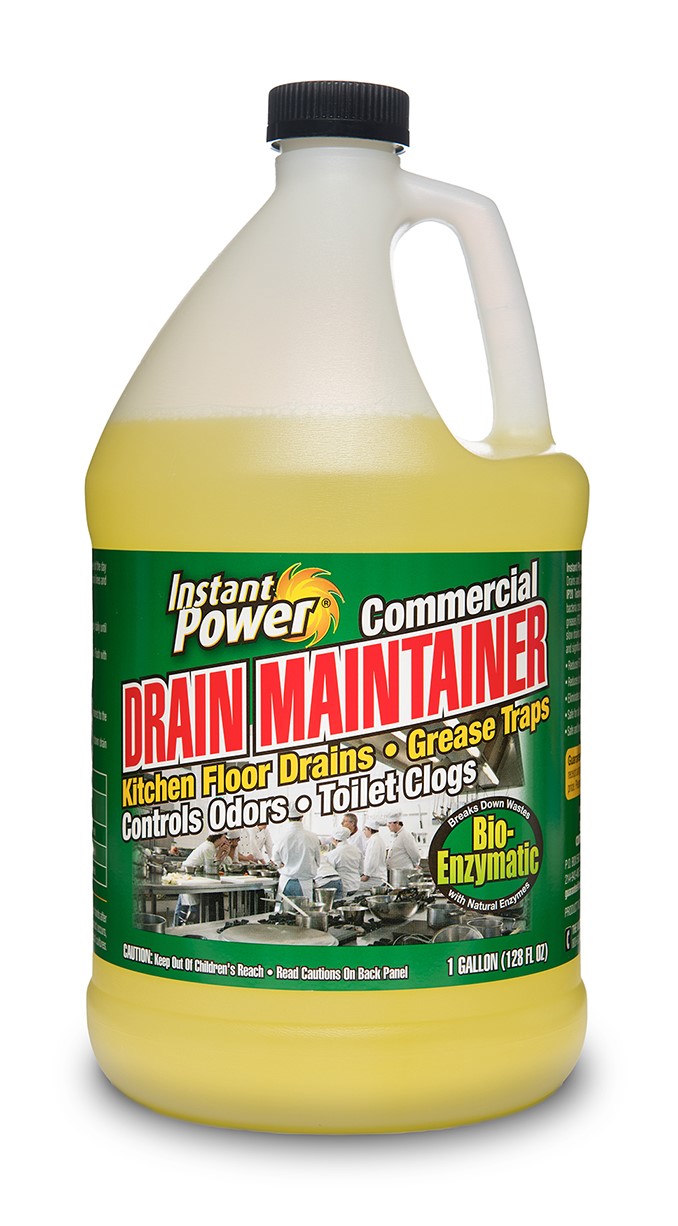

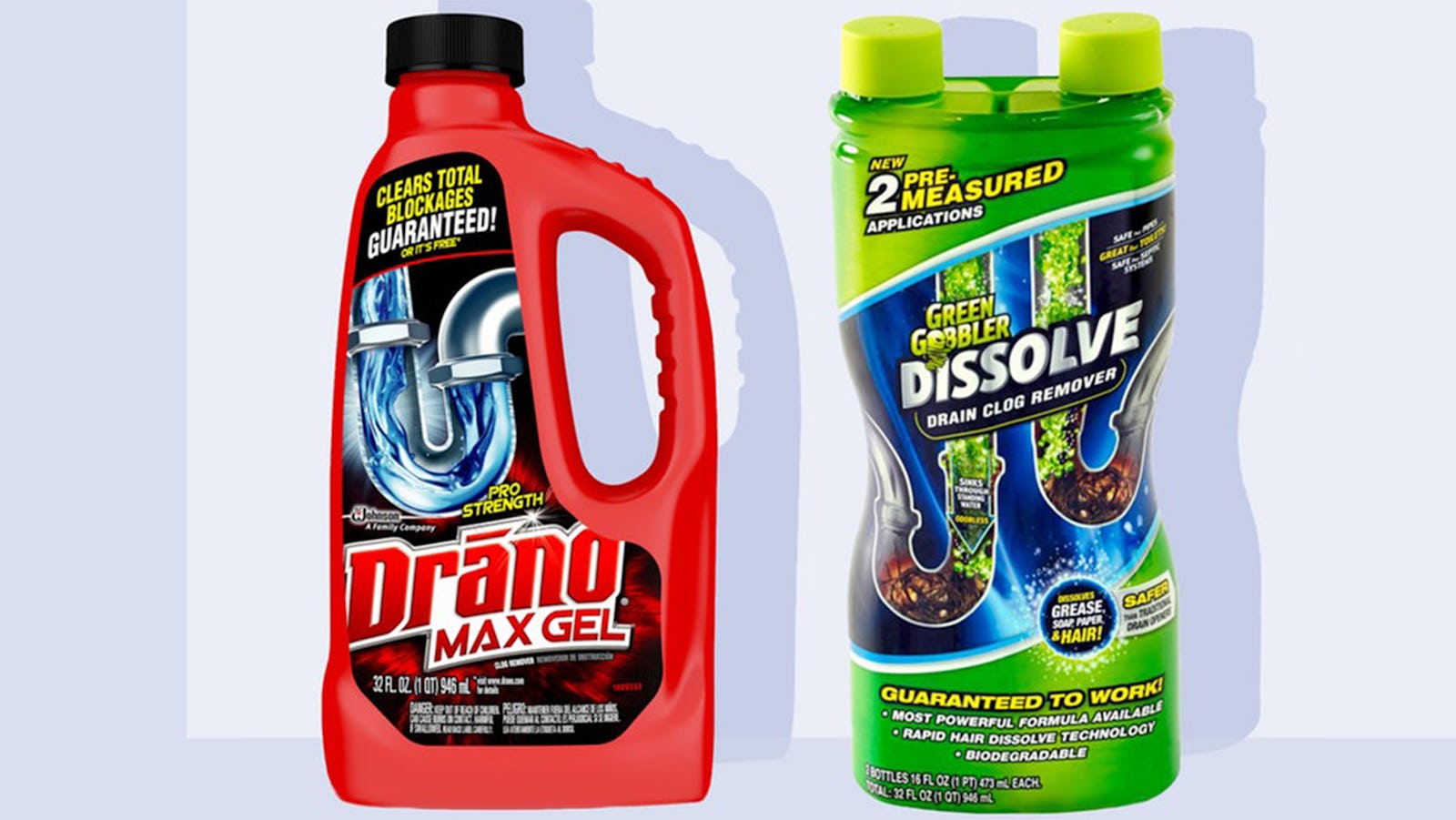
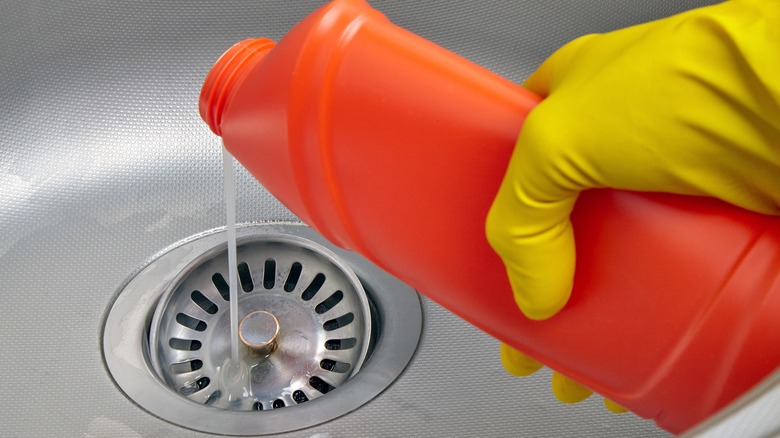



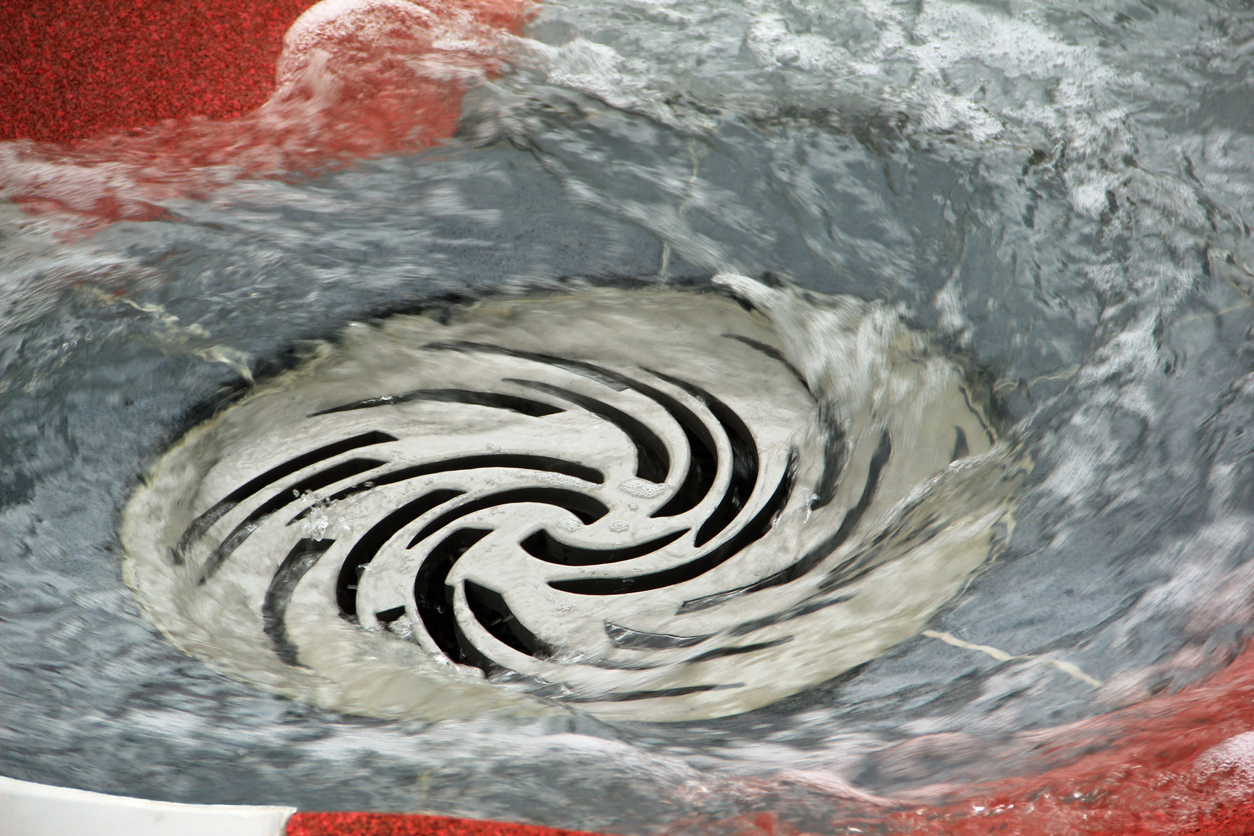
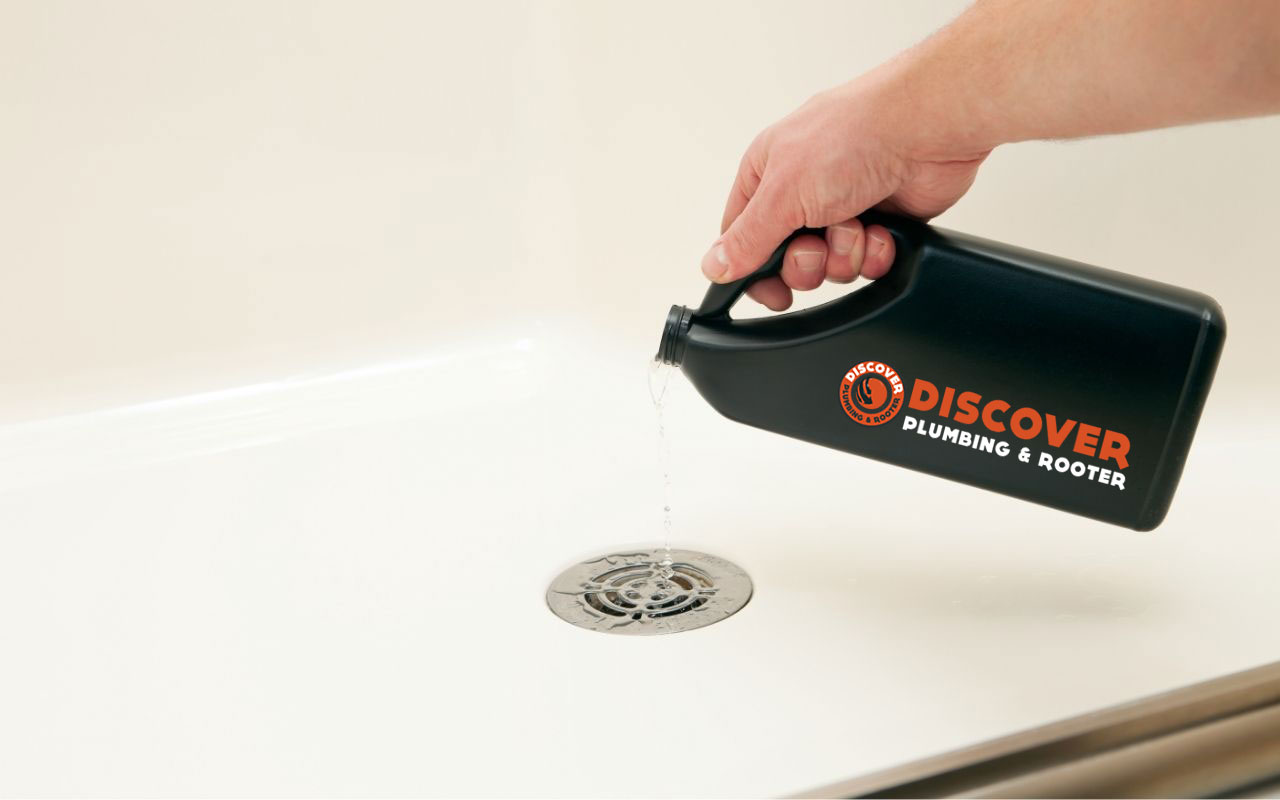
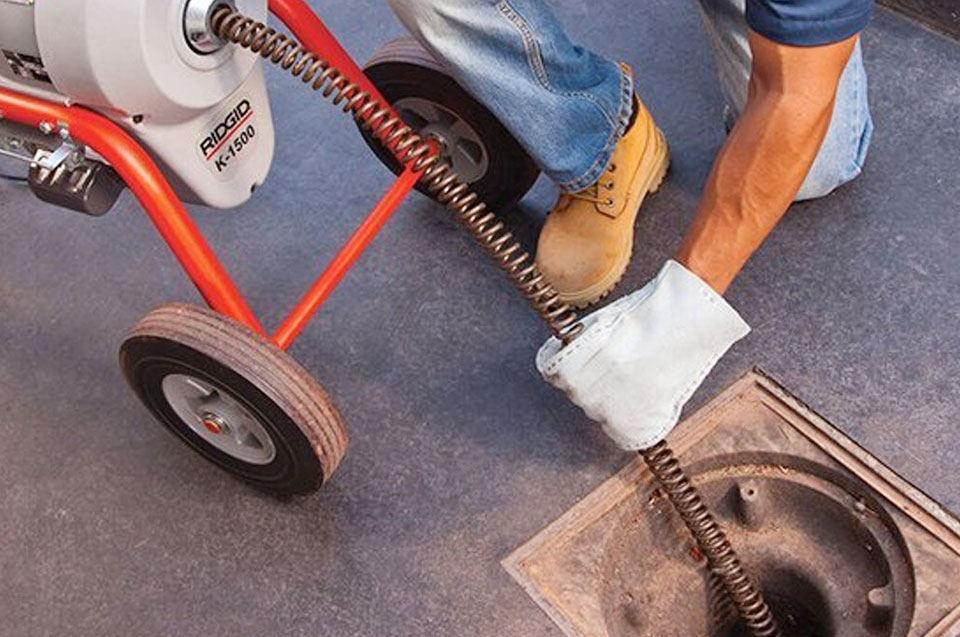


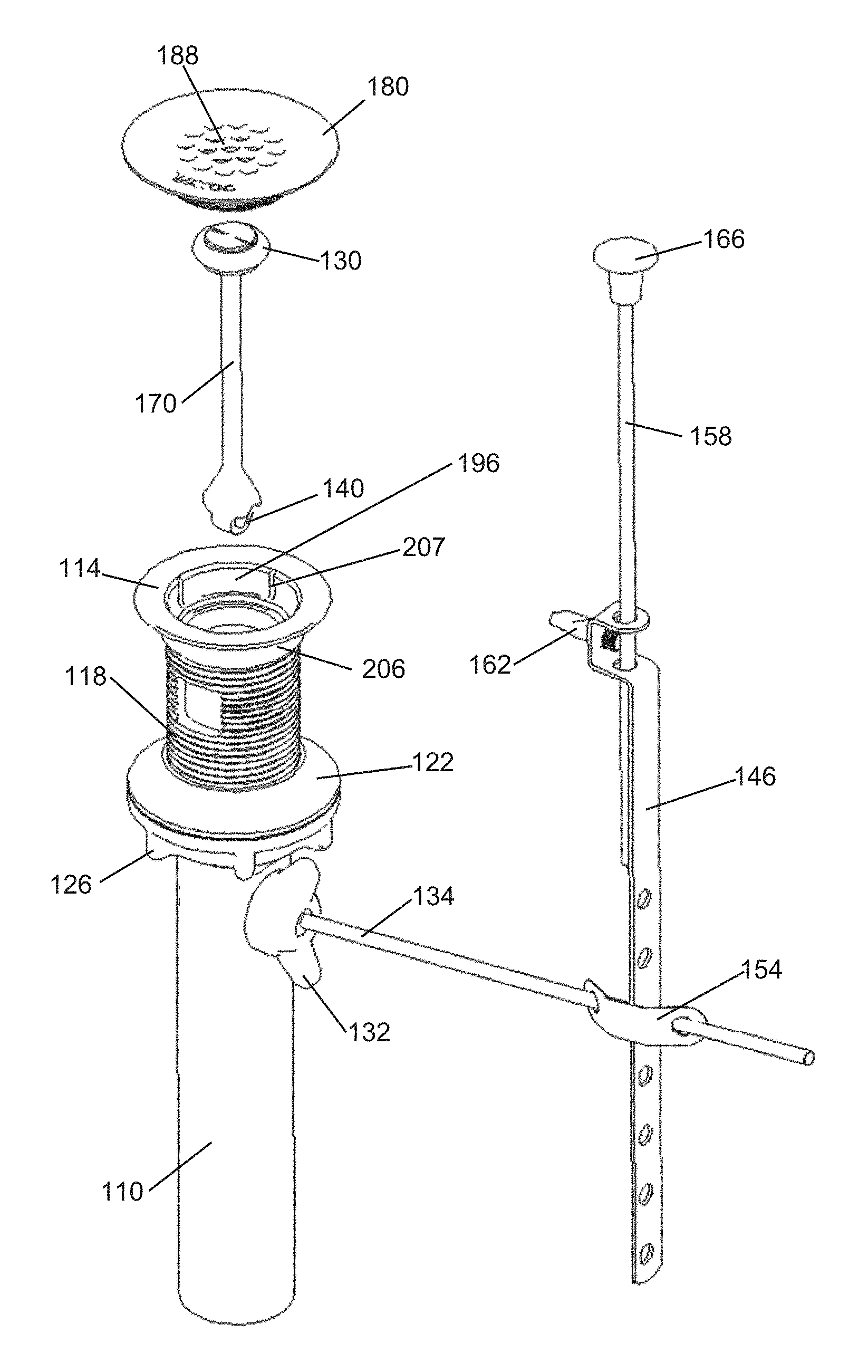

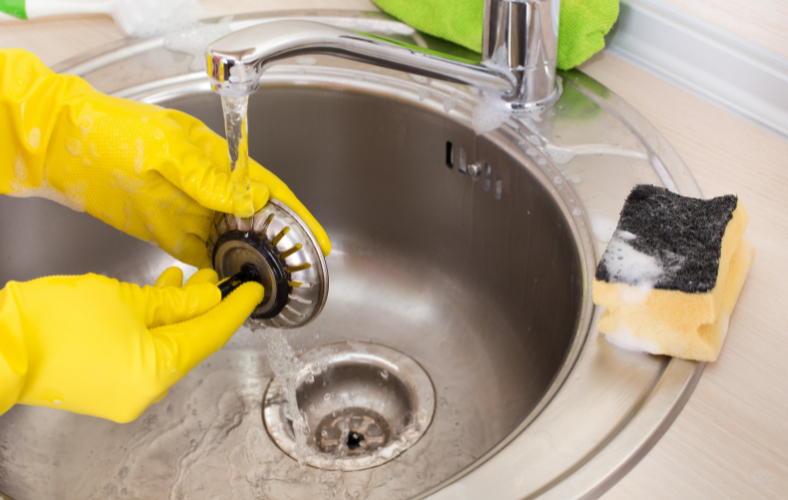
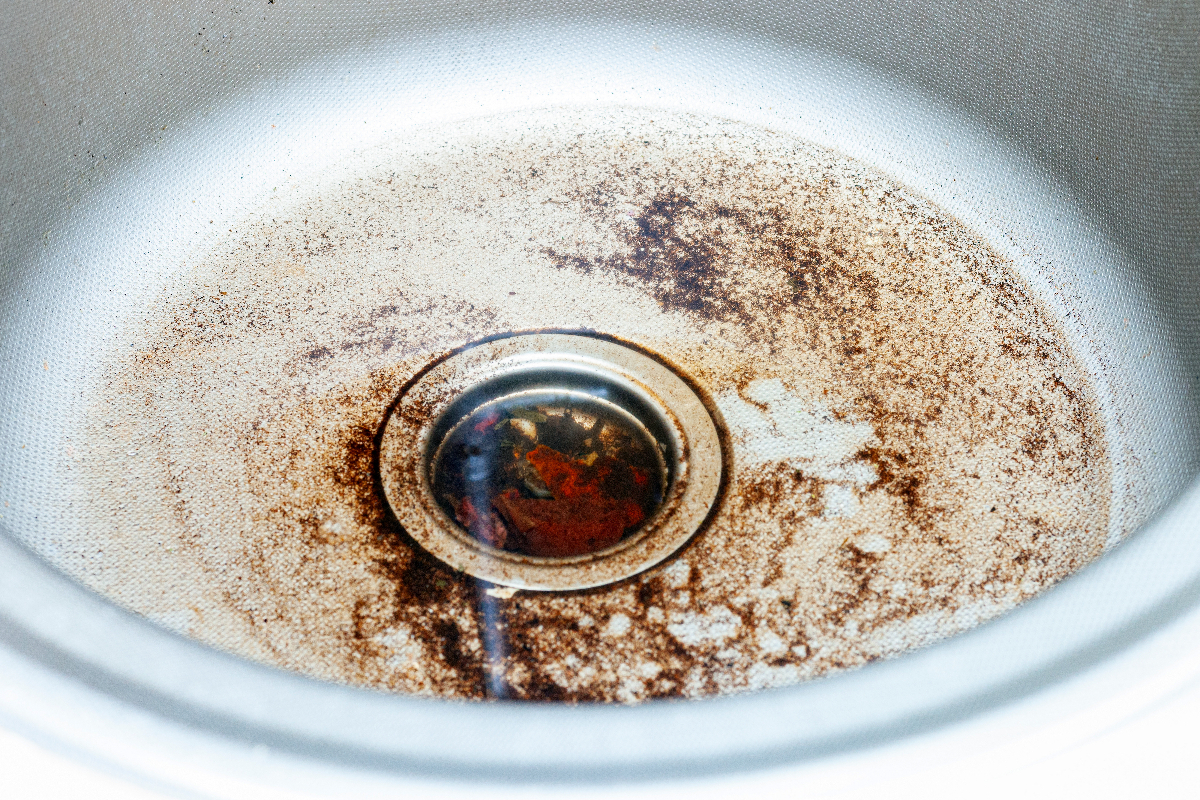
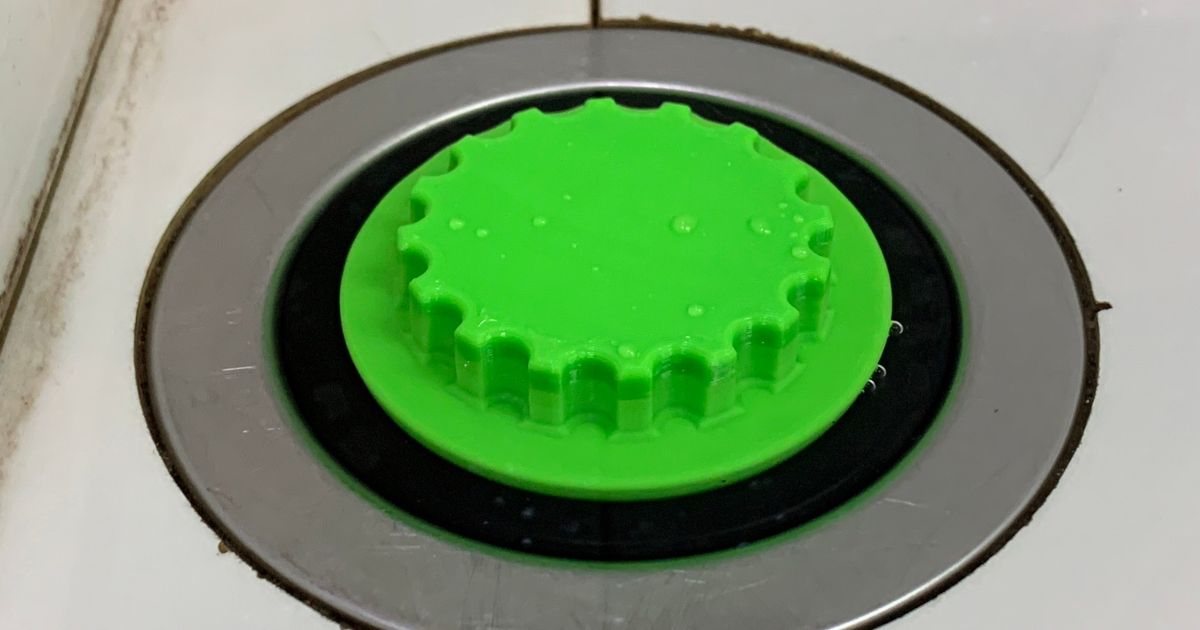



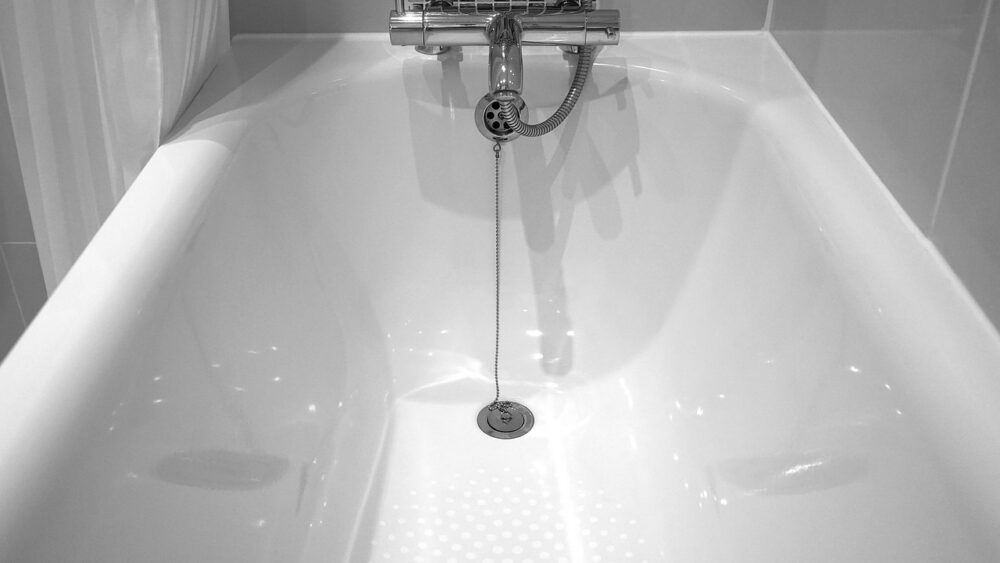


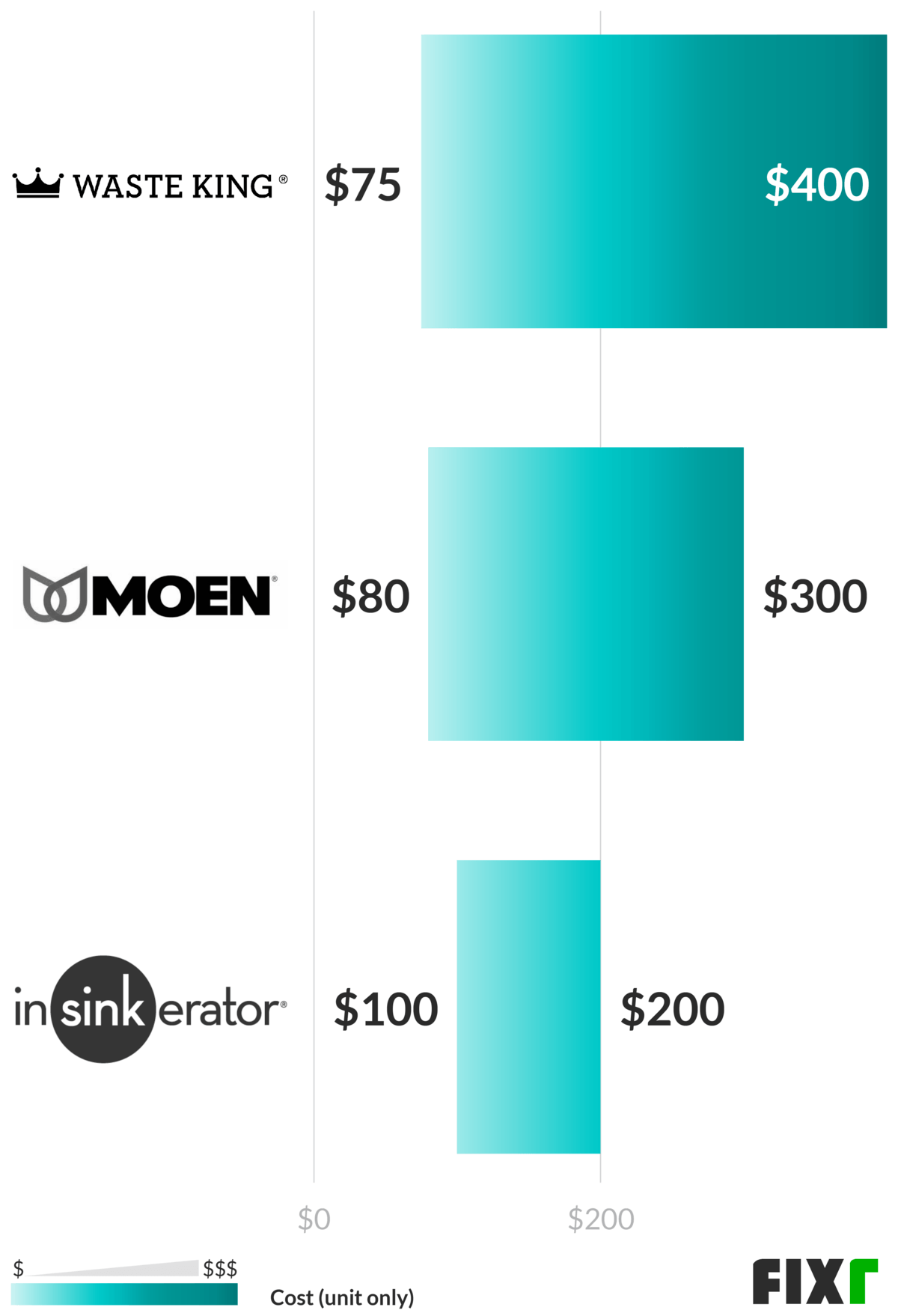

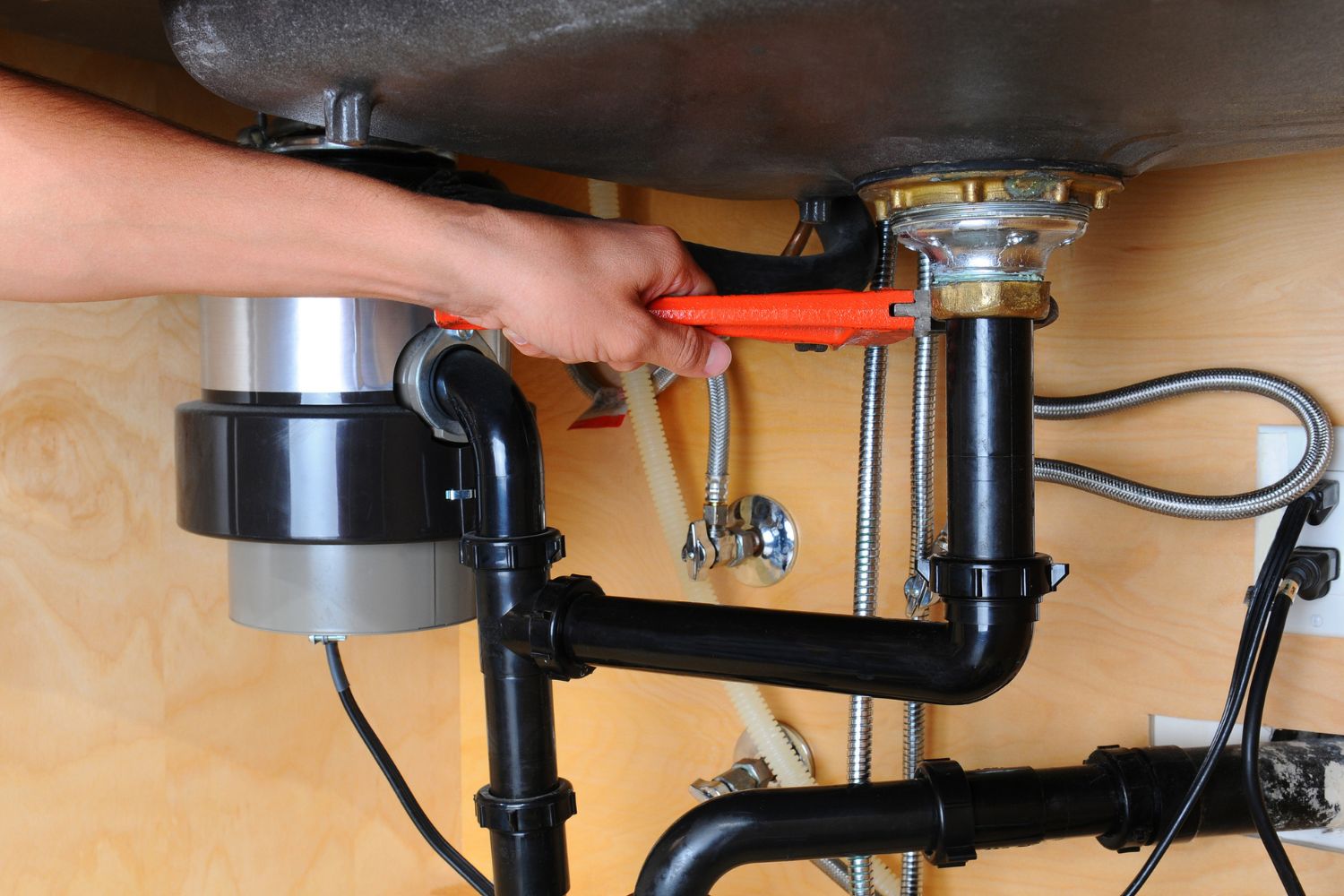
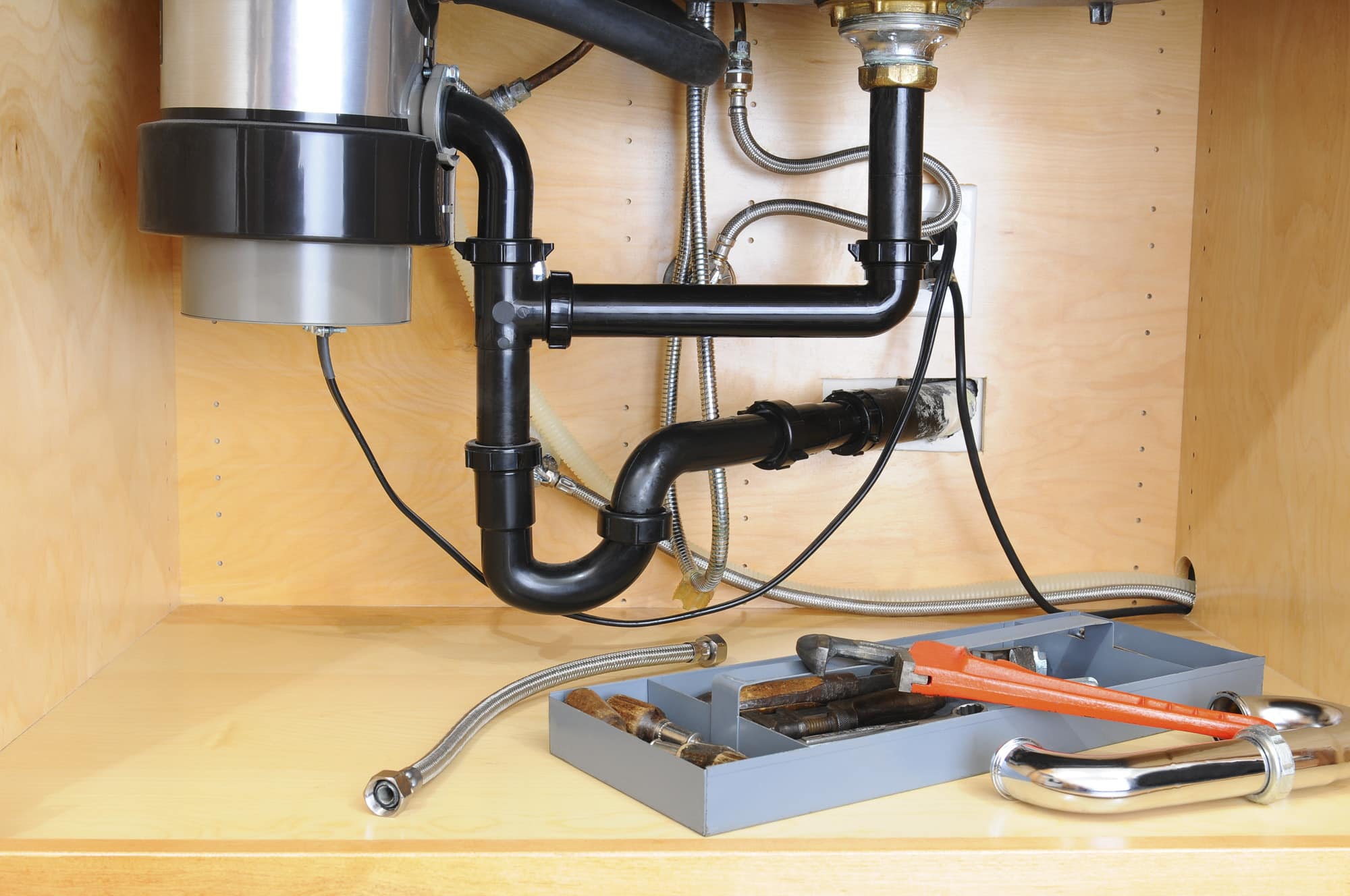

:max_bytes(150000):strip_icc()/garbage-disposal-installation-1824830-01-73cf0263b344447488ed8e15f7f2bc78.jpg)

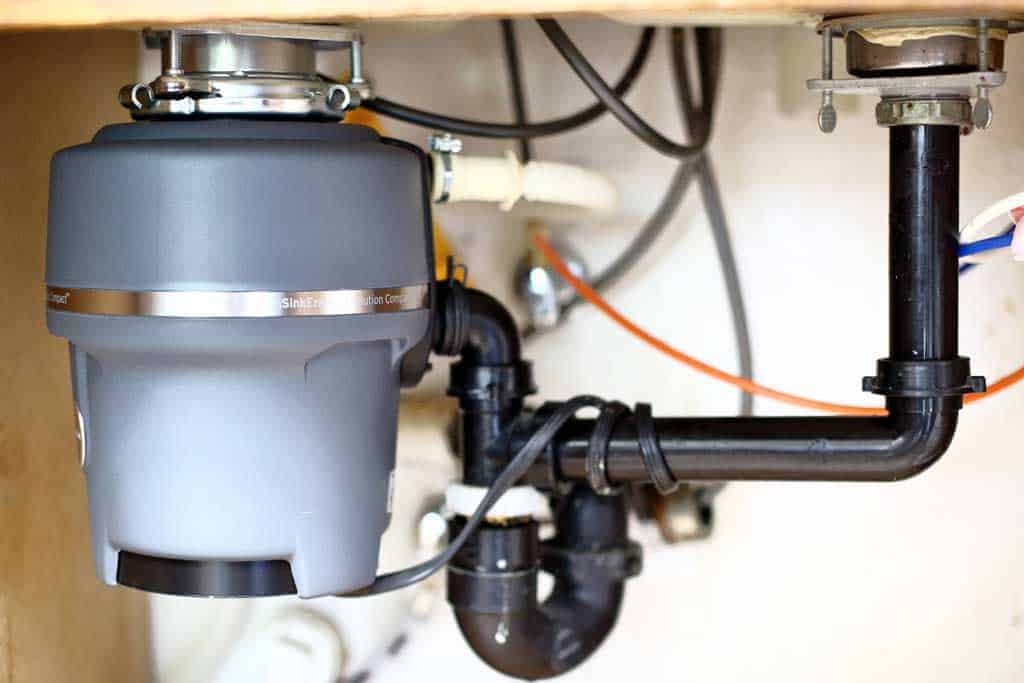
:max_bytes(150000):strip_icc()/garbage-disposal-installation-1824830-07-e7284aea27834f698710558d74c5ebda.jpg)



